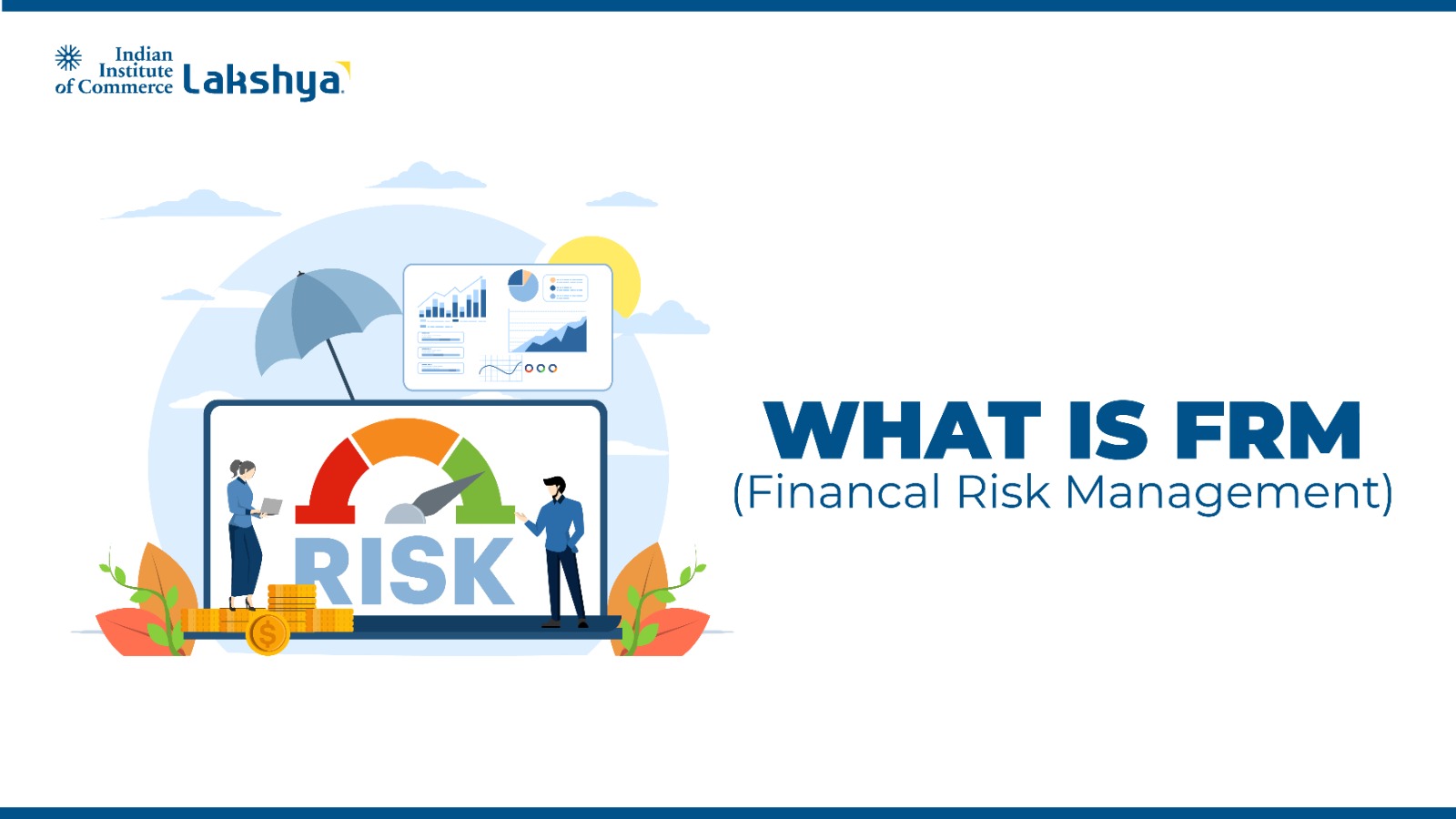Job-oriented Courses along with B.Com
Last Updated On -13 Jan 2025

Job-oriented courses along with B.Com sounds tricky but not impossible, and we have cracked the code.
Over the past few years, we have witnessed changes in the world of technology and, therefore, in the world of business. This interconnectedness and flamboyant feasibility have grown and developed throughout time, opening up a wealth of prospects for the sector globally. However, to stay afloat, one must adjust to the ebb and flow of shifting financial currents. Thus, doing a B.Com. alone might not be enough and will require a plethora of auxiliary knowledge and skills to grapple with the increasingly demanding sector.
Following job-oriented courses along with Bcom. Commerce graduation will take your career outlines to another level, which includes courses along with your B.Com. graduation as well as after it.
What are the Courses to do along with B.Com?
You can uplift your skills and enhance your job prospects by doing your B.Com degree with these courses:
-
ACCA + B.Com
IIC Lakshya provides ACCA-integrated learning programs designed to provide a competitive edge to the students to solve global business challenges, acquire university-recognized certification, get up to 9 paper exemptions for ACCA, attempt professional-level papers in their 3rd Year, and graduate with a B.Com Degree & ACCA qualification.
-
Accounting software training:
Accounting software training can be eminently beneficial alongside your BCom studies. It provides useful skills that are immediately applicable to the accounting and finance sectors. It covers things like creating accounts, monitoring transactions, balancing accounts, generating financial statements, and utilizing the more advanced features of the software. Training can be provided through seminars, online tutorials, in-person meetings, or courses, depending on the software and the interests of the user.
Three-month courses for commerce students such as Tally, ICA Edu Skills, SAP FICO, and computerized accounting certificate programs come under accounting software training.
-
Customer Relationship Management (CRM):
CRM necessitates an enumeration of actions, comprehending gathering and gauging customer data, intensifying customer support, and burgeoning proposals to draw in new customers and endorse repeat business. CRM systems assist companies in streamlining their marketing, sales, and customer care operations to boost client satisfaction and impetus expansion. Understanding CRM may facilitate the development of customer-centric corporate strategies and increased data analysis. A simple CRM system can be done within three to six months.
Among the employment opportunities are CRM analysts, managers, sales managers, customer service managers, and consultants.
What are the Courses to do after B.Com?
Let's now discuss the courses you can take after a Bcom degree-
-
ACCA (Association of Chartered Certified Accountants):
Employers in every quarter of the sphere esteem ACCA because of its demanding curriculum and focus on practical skills. Innumerable job options in accounting, finance, and business are made feasible by the ACCA course. It provides an avenue to become a licensed chartered accountant, an accolade that is highly regarded and in towering demand by employers throughout the world. It usually takes three to four years to finish the coursework and acquire the requisite real-world experience.
-
Certified Management Accountant (CMA):
The Institute of Management Accountants (IMA) offers CMA certification. Its objective is to corroborate adroitness in financial and management accounting. Encompassing exam preparation and passing both sections of the exam, the entire CMA course program can be finished in one to two years. In conclusion, earning a CMA certification can result in better job prospects, recognition throughout the globe, and professional development in positions related to financial management and management accounting.
-
Financial Modeling:
Financial modeling is the practice of depicting financial possibilities, usually using spreadsheets or other occult tools. It is used to prophesy and examine the financial functioning of a business, project, or investment based on historical data and projections about the future. Completing CFI's Certified Financial Modeling and Valuation Analyst (FMVA) program takes four to six months after B.Com. Financial analysts, investment analysts, business analysts, equity research analysts, financial consultants, and other positions repeatedly need financial modeling expertise.
-
Digital Marketing Course:
It could be promising to enroll in a digital marketing school after receiving a Bachelor of Commerce (BCom). BCom graduates already have a brawny underpinning in economics, accounting, finance, and business principles, which can help them better understand digital marketing strategies. Getting the hang of digital marketing will help you land a better job because it will make you more competitive in today's tech-driven workplace. Programs leading to diplomas in digital marketing can be completed in three to six months. After completing a digital marketing course, one can pursue several job choices in the rapidly advancing field of digital marketing. Social media manager, content marketing specialist/manager, and analogous roles are typical.
What are the additional Courses for B.Com. Students to do?
Listed below are a few additional courses to do after B.Com-
-
Certified Public Accountant (CPA):
A Certified Public Accountant or a CPA course qualification amplifies an individual's cognizance of accounting principles, financial reporting, auditing, taxation, and business rules. A year or two of study is typically required. Certified Public Accountants (CPAs) can find employment as controllers, financial analysts, auditors, tax counselors, or even start their own accounting firm.
-
Chartered Financial Analyst (CFA):
Accomplishing the three exam levels, as a rule, takes two to four years. Among the niches held by CFAs are those of financial analysts, portfolio managers, investment bankers, and financial counselors.
-
Chartered Accountancy (CA):
Talking about the main character, Chartered Accountancy. Because of their forte in accounting and global financial management, chartered accountants are in stupendous demand. They can work in many industries and sectors, including banking, finance, government, and corporate. CA’s can work anywhere in the world because the CA qualification is universally recognized. Many chartered accountants start their own companies or consulting organizations and provide their skills to the public and private sectors.
The duration of the CA course program varies according to each student's circumstances; however, completing all three levels typically takes four to five years.
Conclusion
A B.Com degree alone is not sufficient to navigate the ever-changing business landscape. Supplementary courses such as CRM, ACCA, CMA, CPA, CFA, financial modeling, digital marketing, accounting software training, and finally pursuing chartered accounting can help people advance their careers and open up a multitude of prospects in a variety of industries. These extra credentials improve a person's employability and talents, setting them up for success in the dynamic fields of finance and business.
Read More:
- Best Accounting Courses in India
- Types of B.Com Courses in India
- Short-term Courses for Commerce Students
- Career Options after B.Com
Frequently Asked Questions (FAQs)
Why should I consider additional courses alongside my B.Com studies?
Additional courses provide supplementary skills and knowledge necessary to thrive in the evolving business landscape, ensuring better career prospects and adaptability to industry demands.
What are the advantages of accounting software training alongside B.Com? studies?
Accounting software training equips students with practical skills relevant to the accounting and finance sectors, including creating accounts, transaction monitoring, and financial statement generation, enhancing employability across various job roles.
What job roles can I pursue after completing accounting software training?
Job opportunities include roles such as accounting software specialists, financial analysts, auditors, and accounting managers.
How does CRM training benefit B.Com graduates?
CRM training aids in optimizing customer relationships, streamlining marketing and sales operations, and enhancing customer satisfaction, opening up job opportunities in CRM analysis, management, and consultancy.



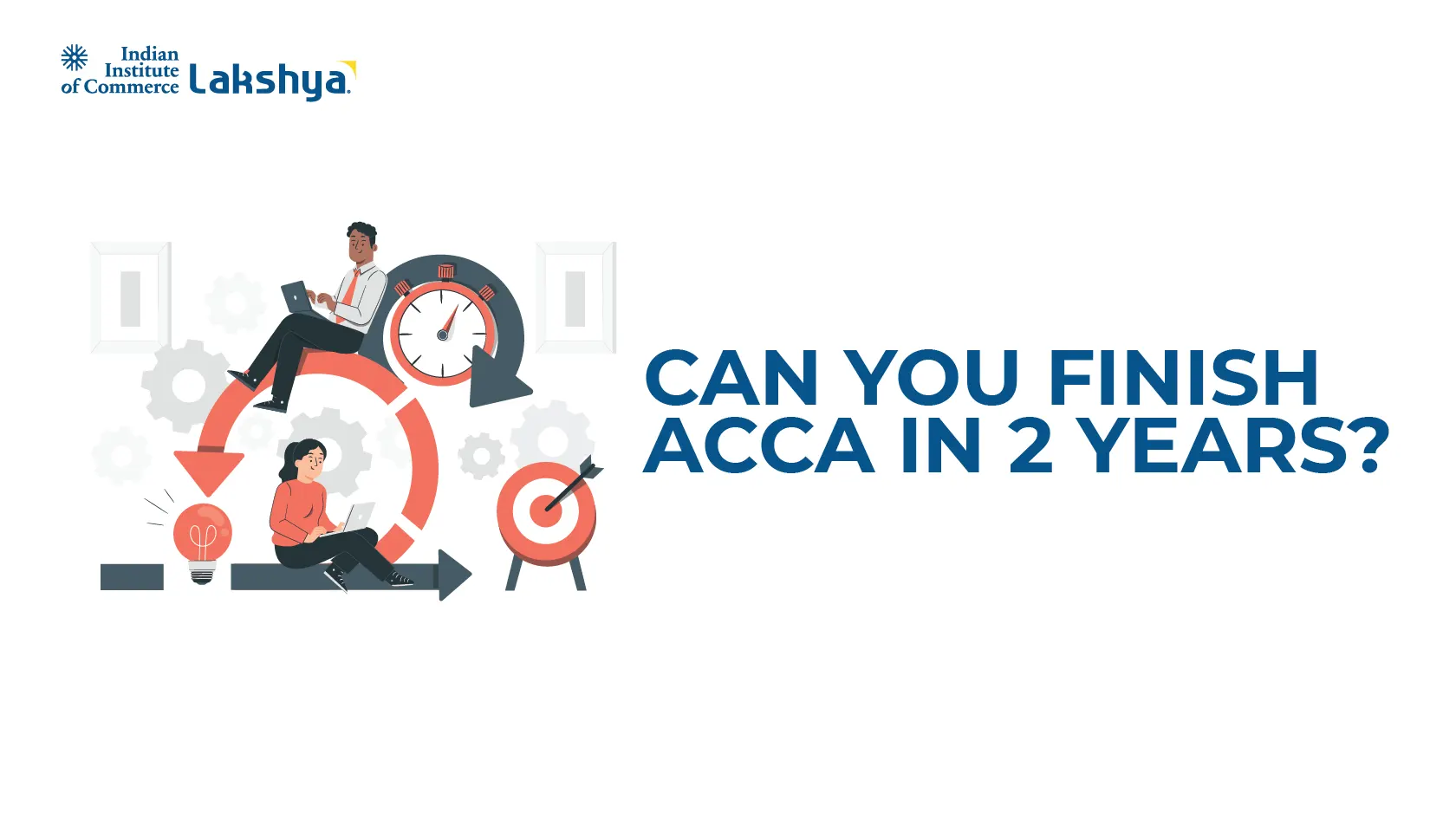




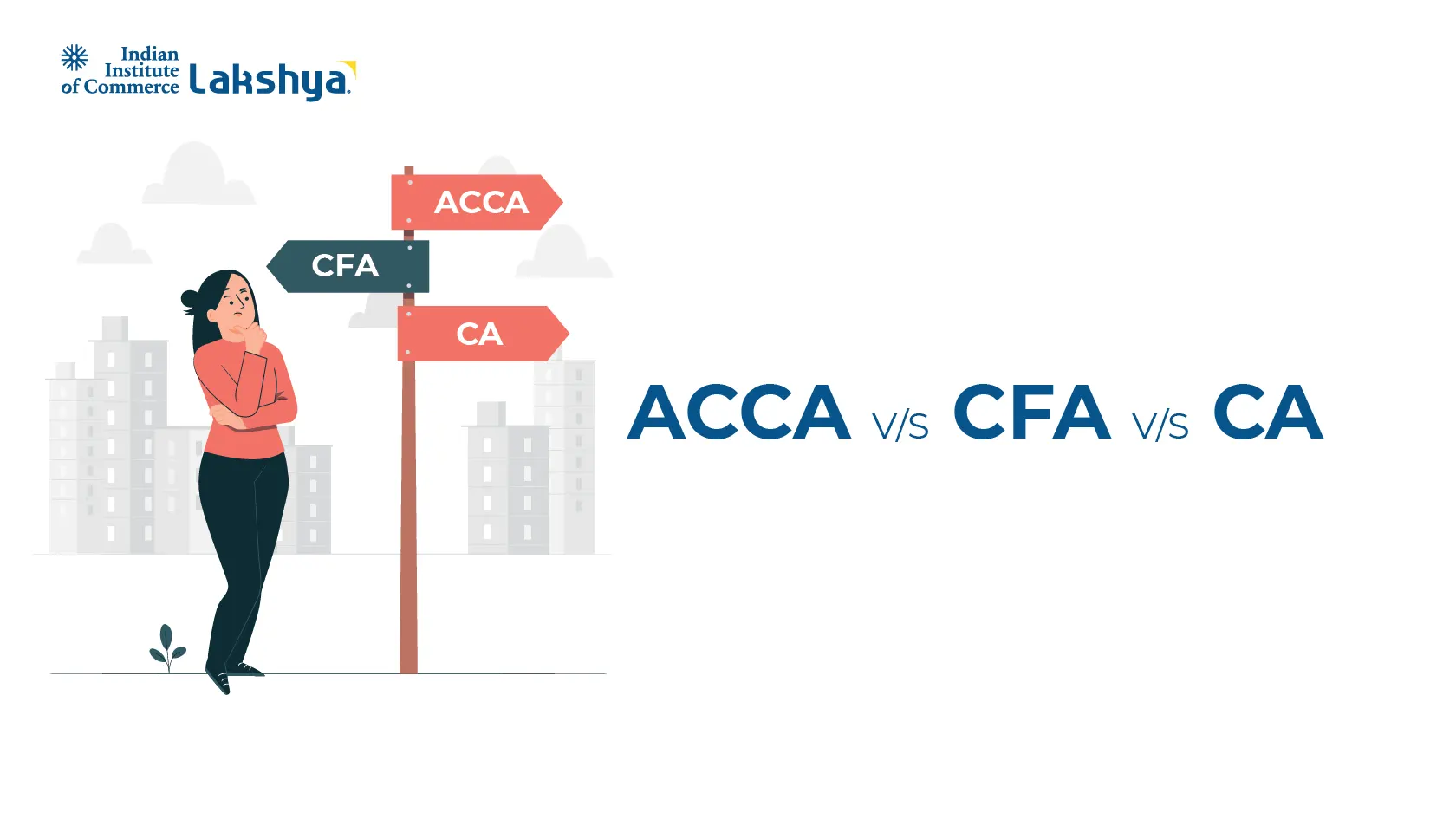



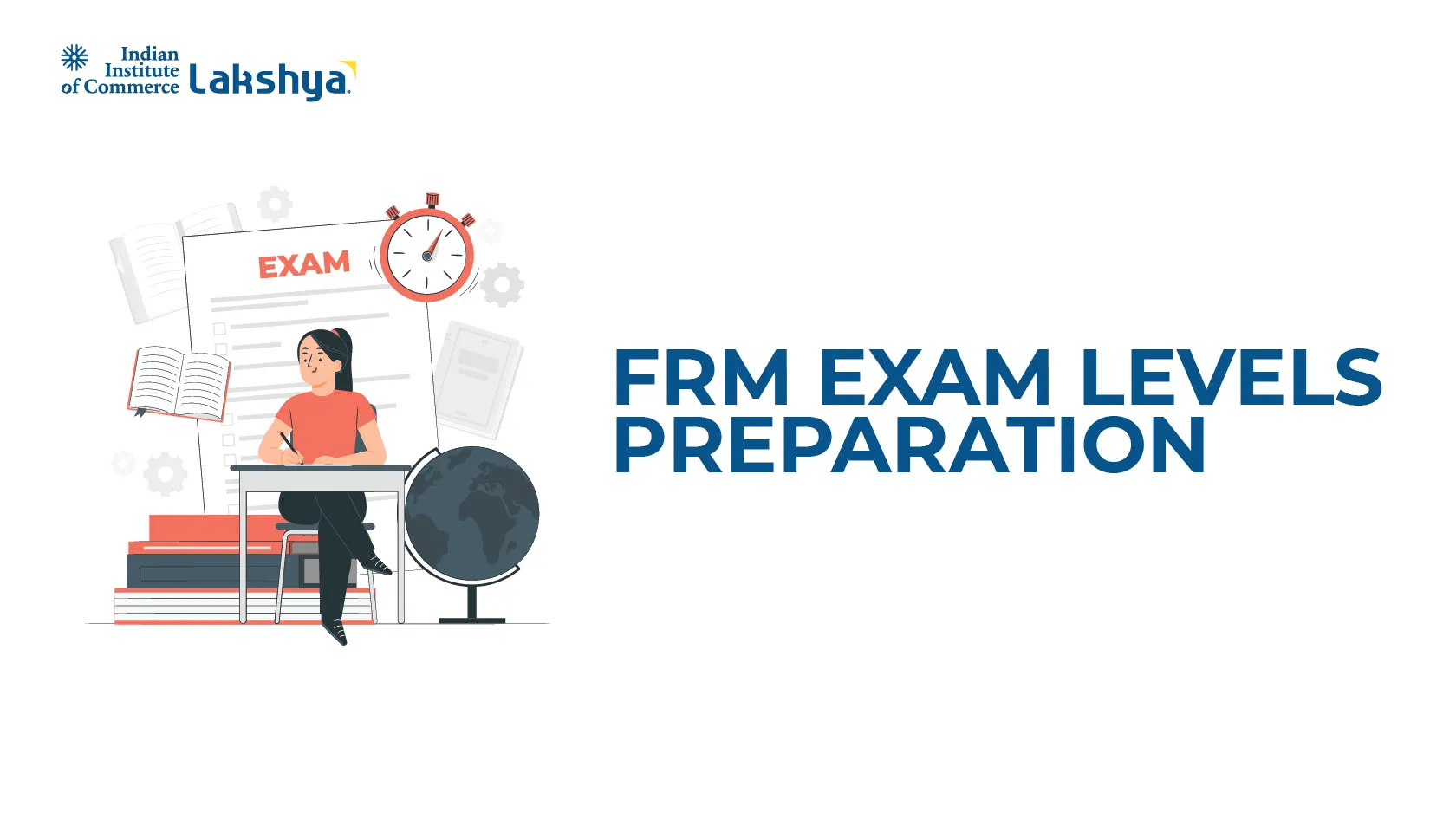



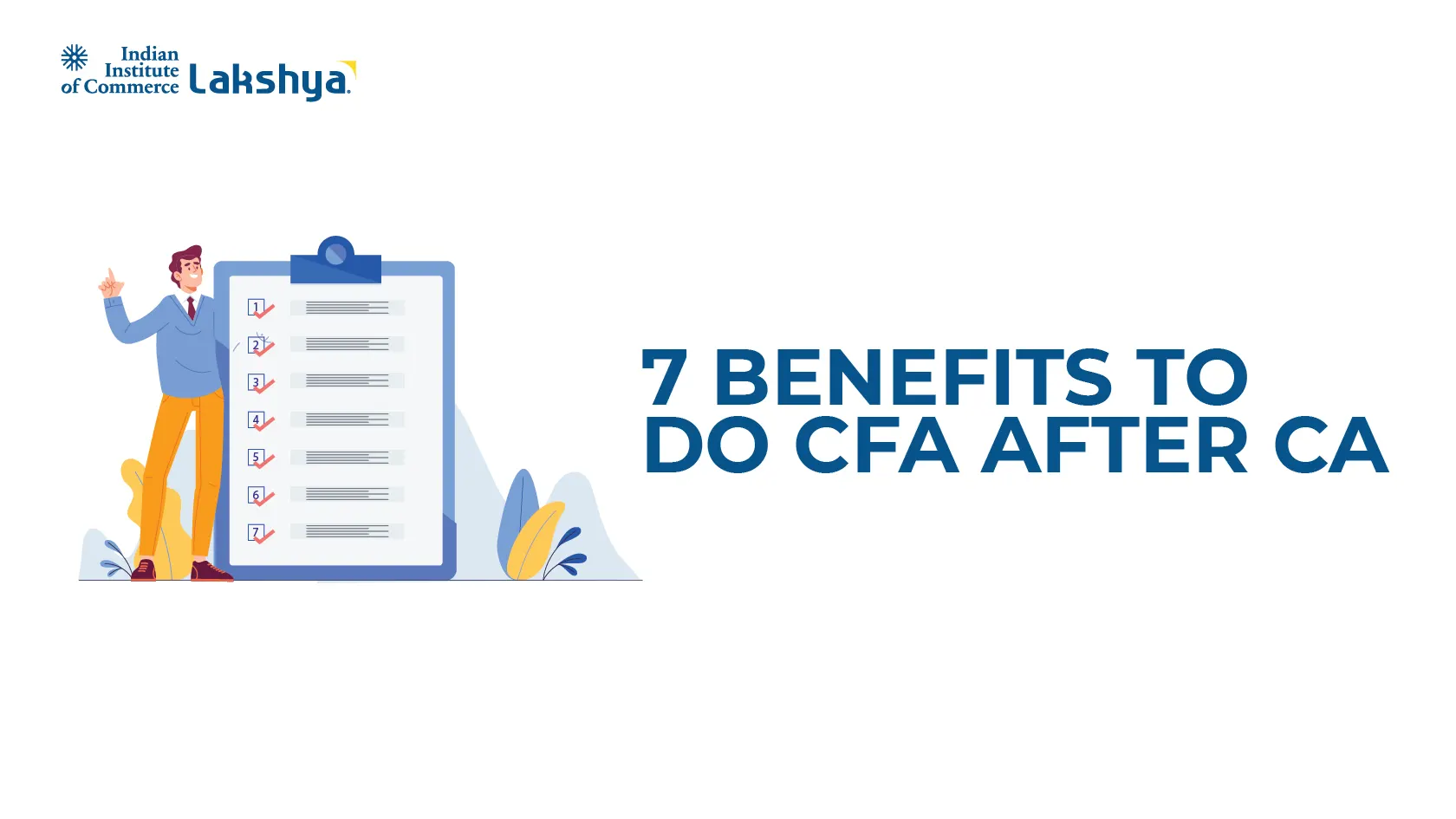
.webp)
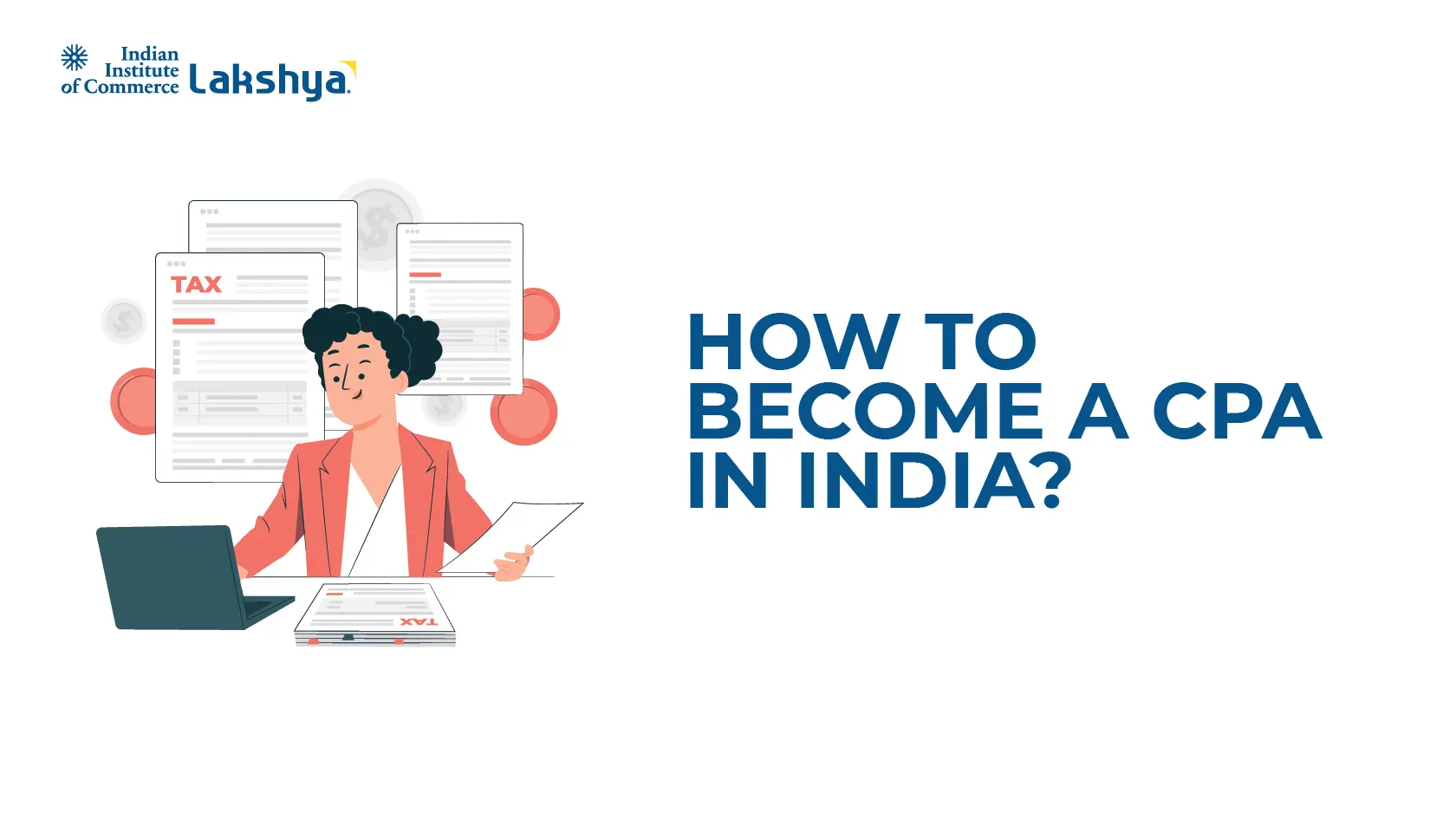

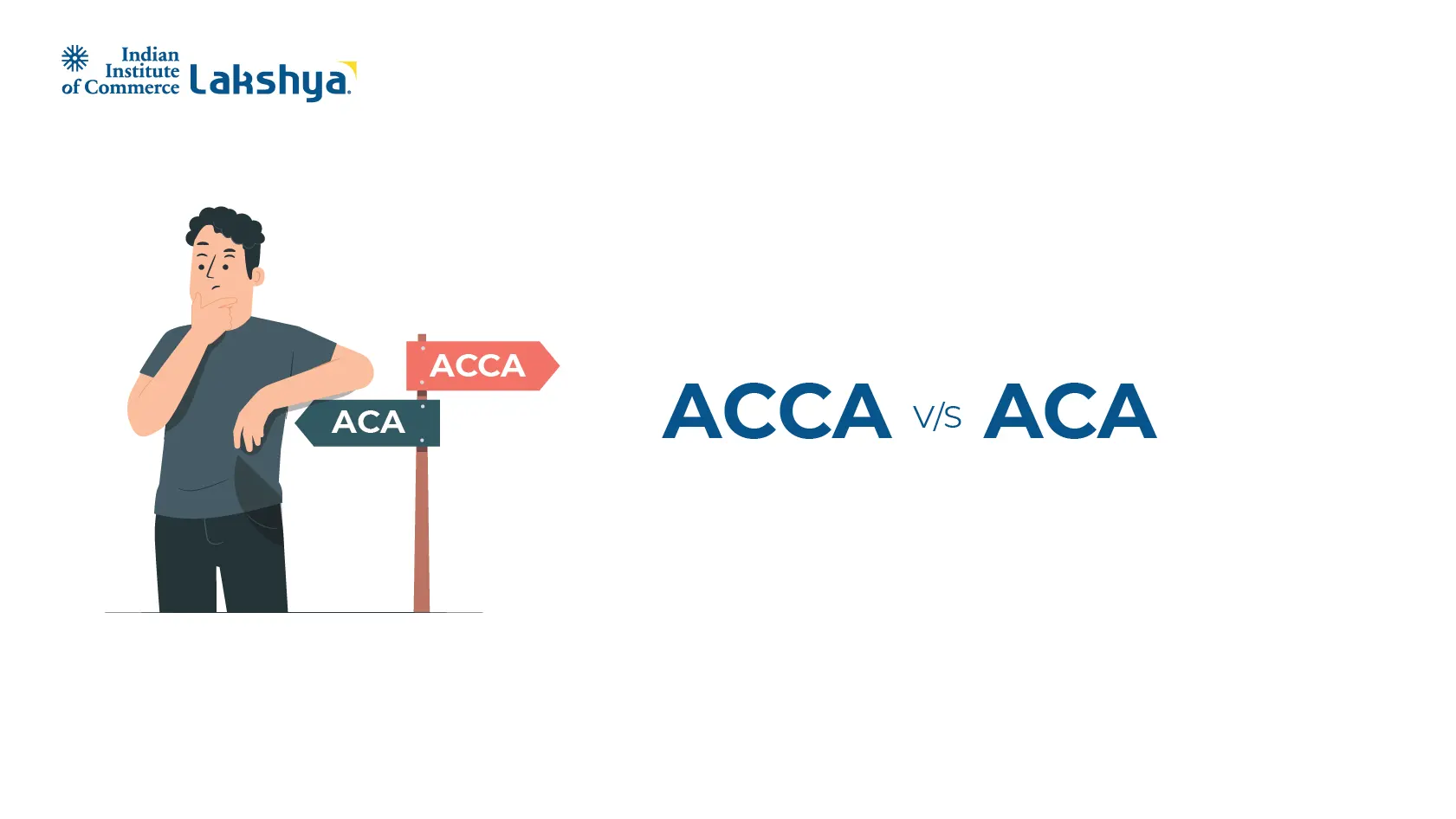

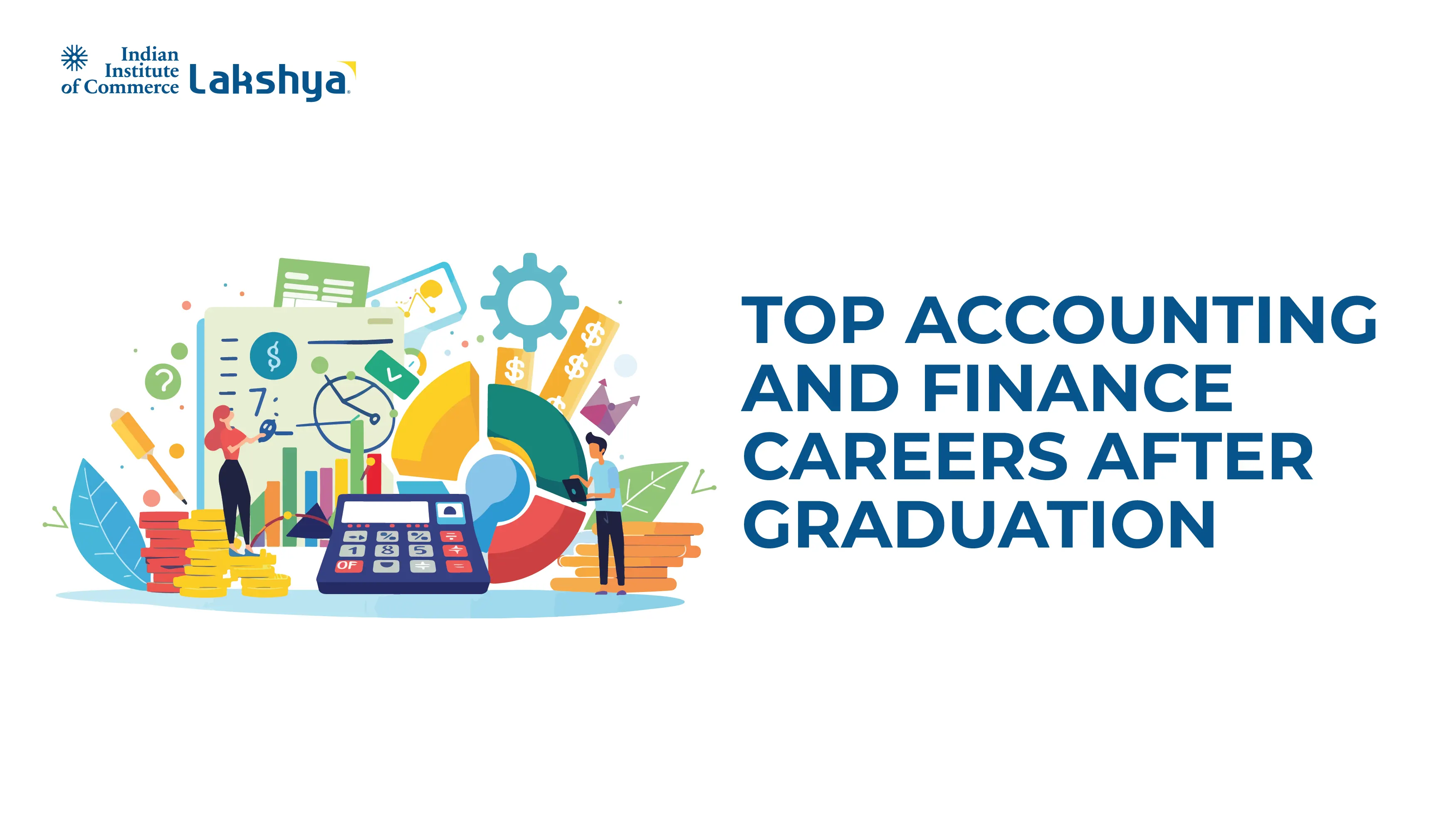
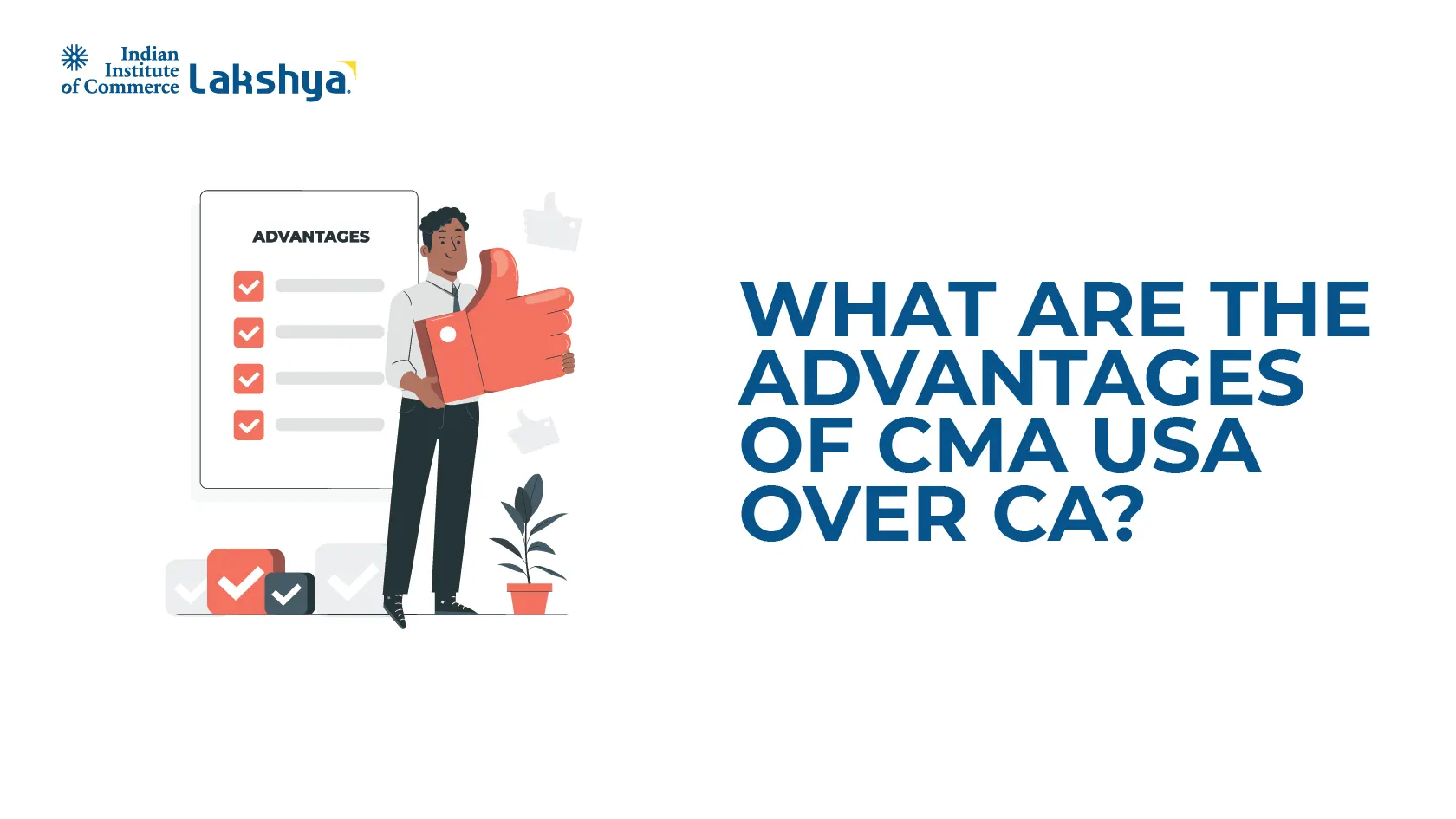
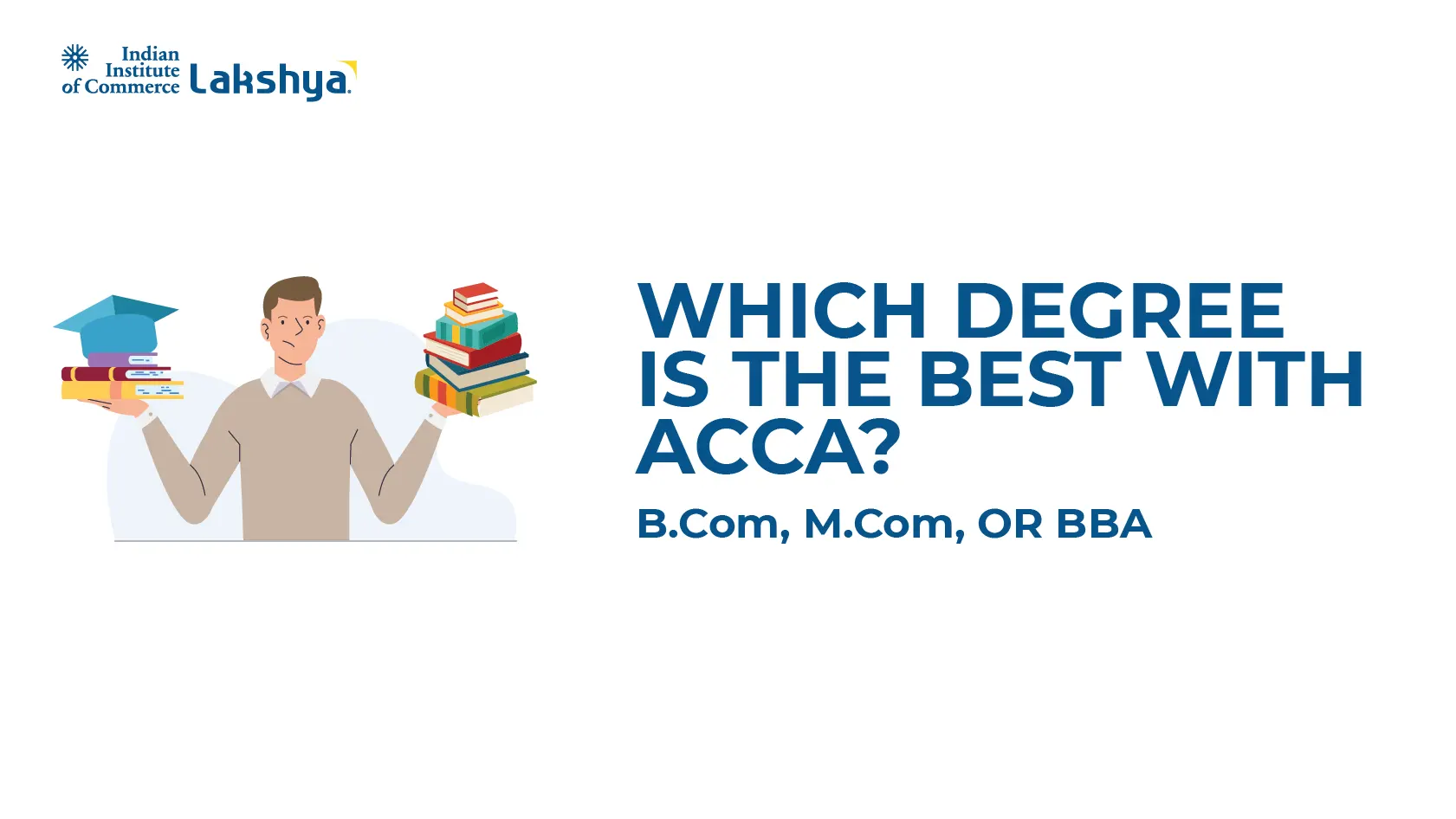






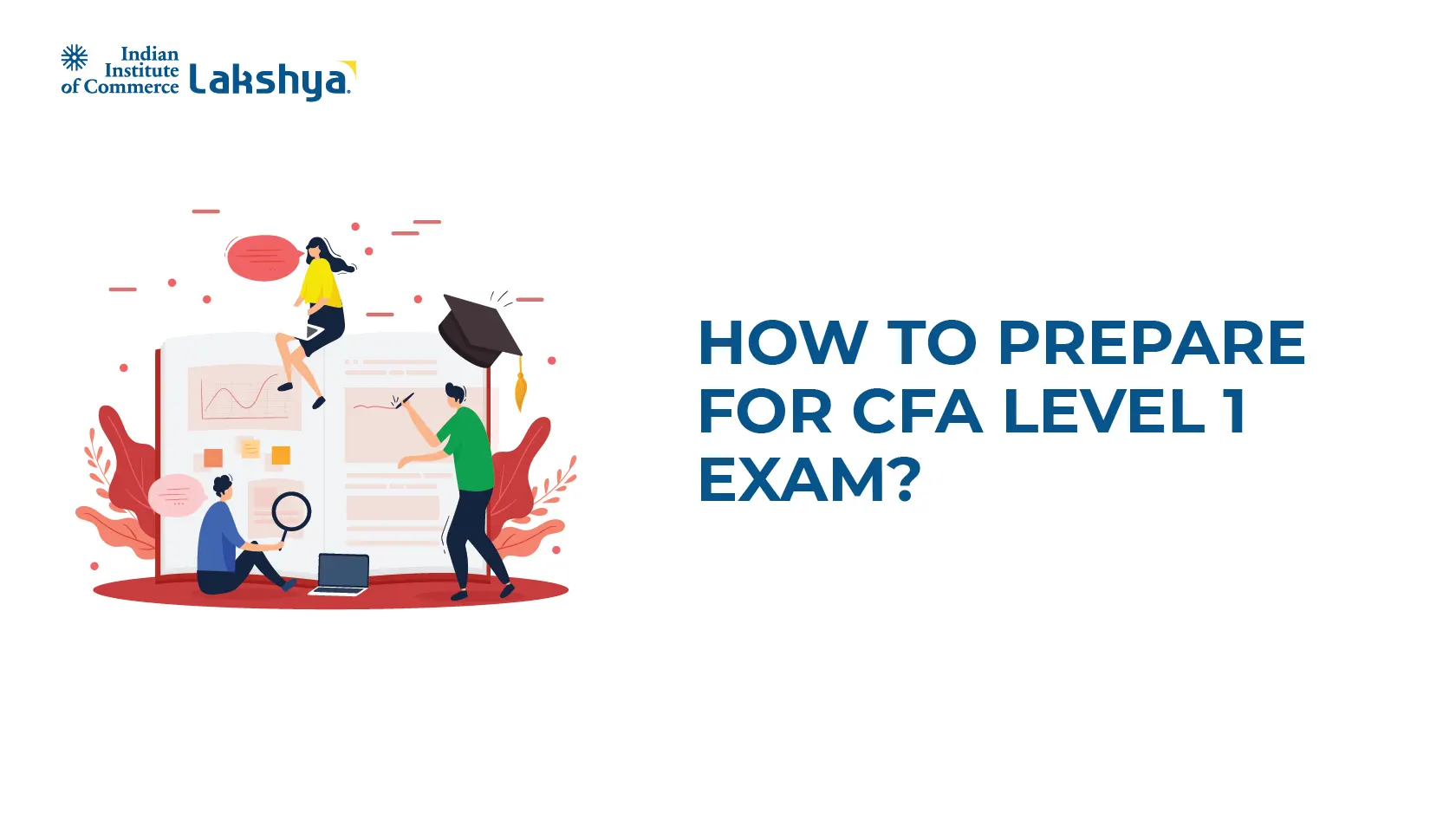



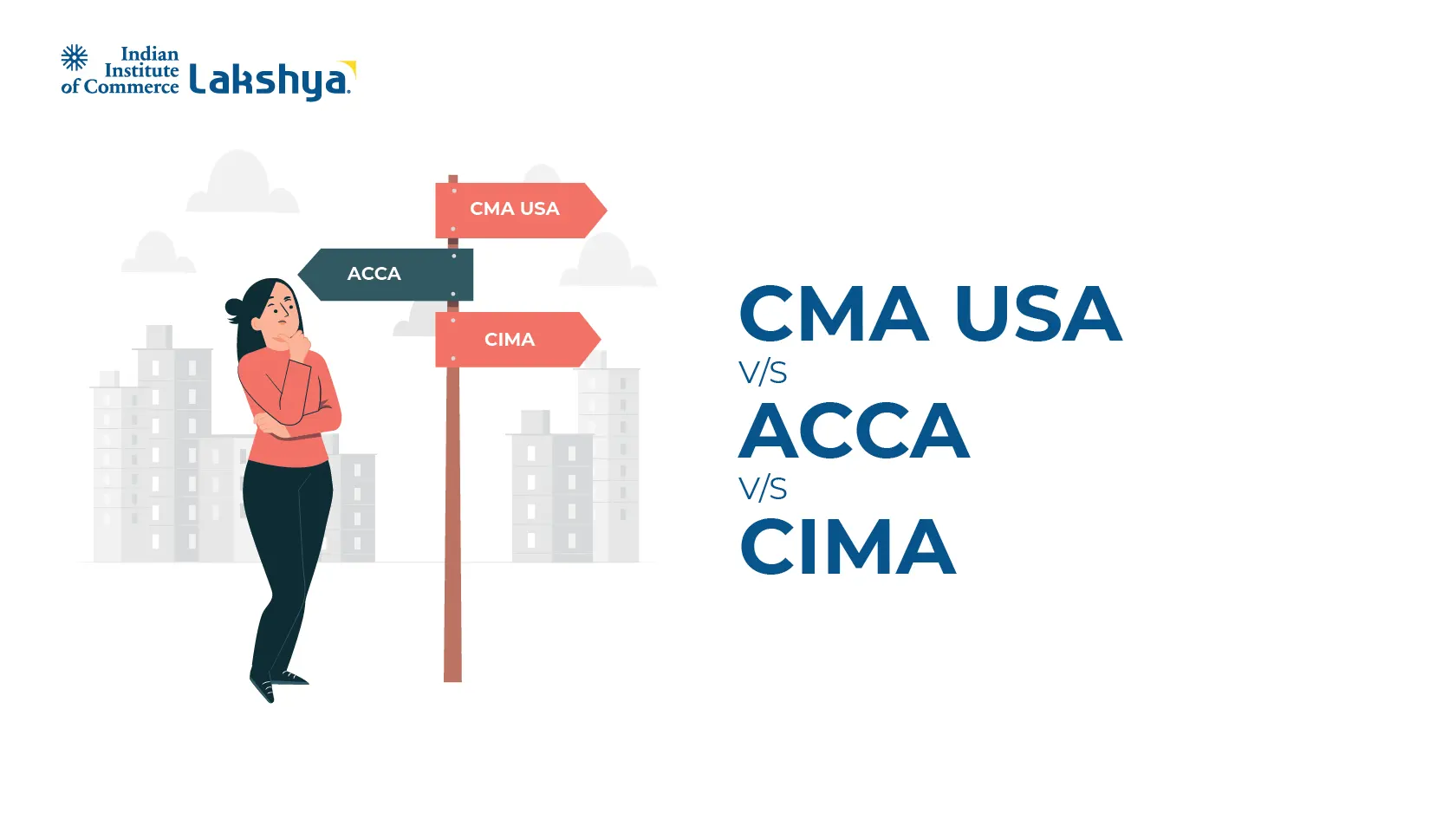


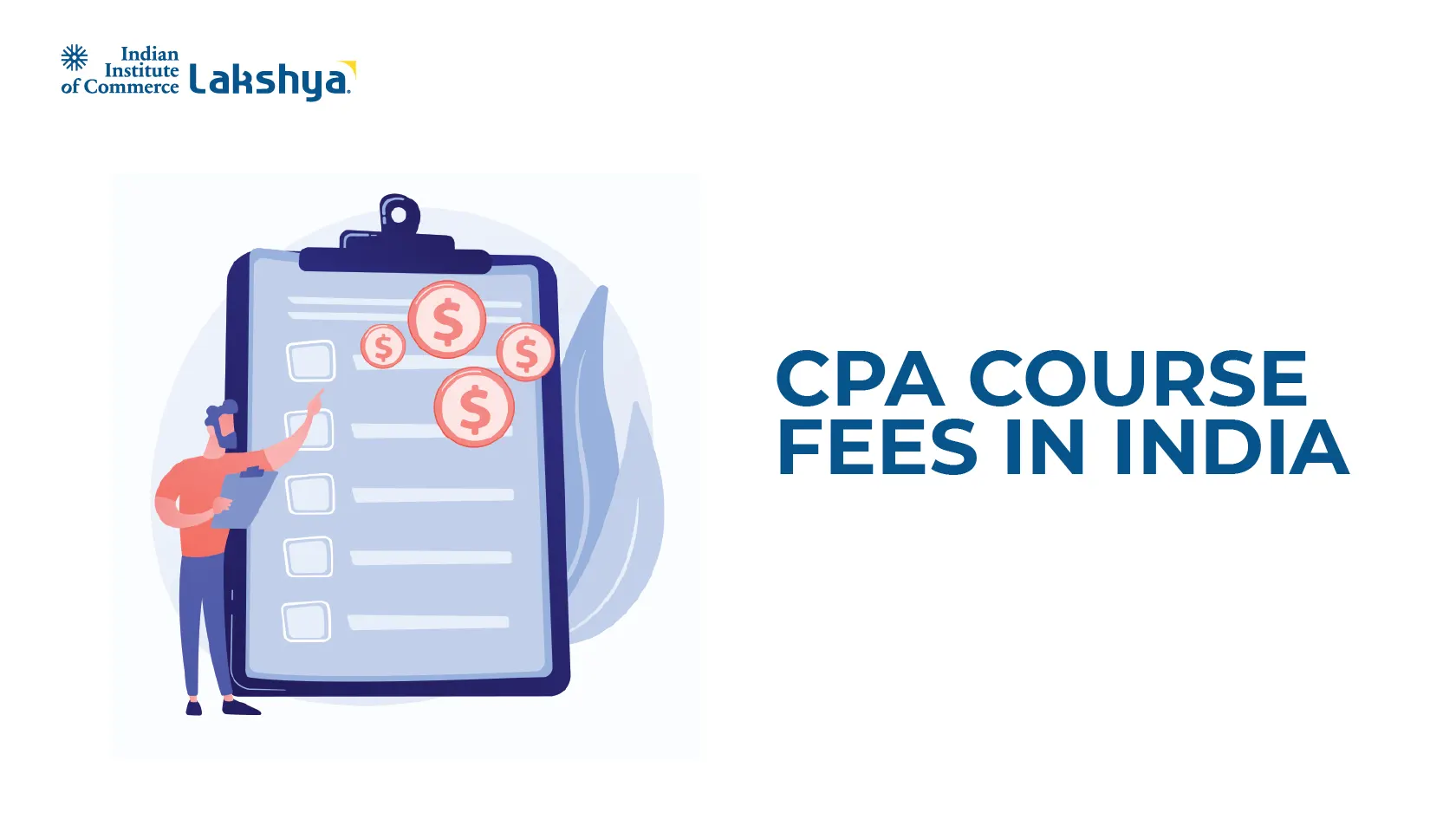


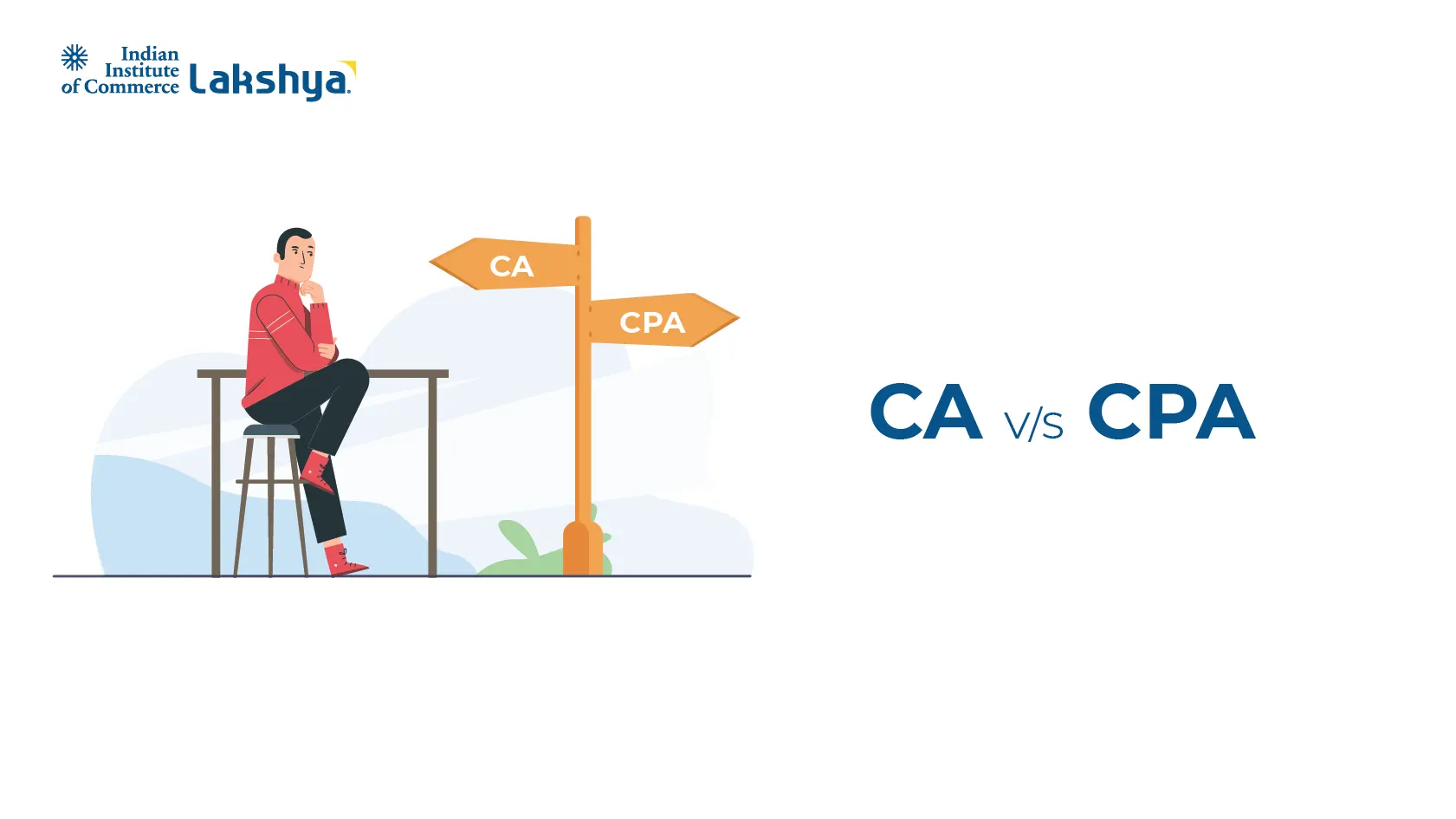



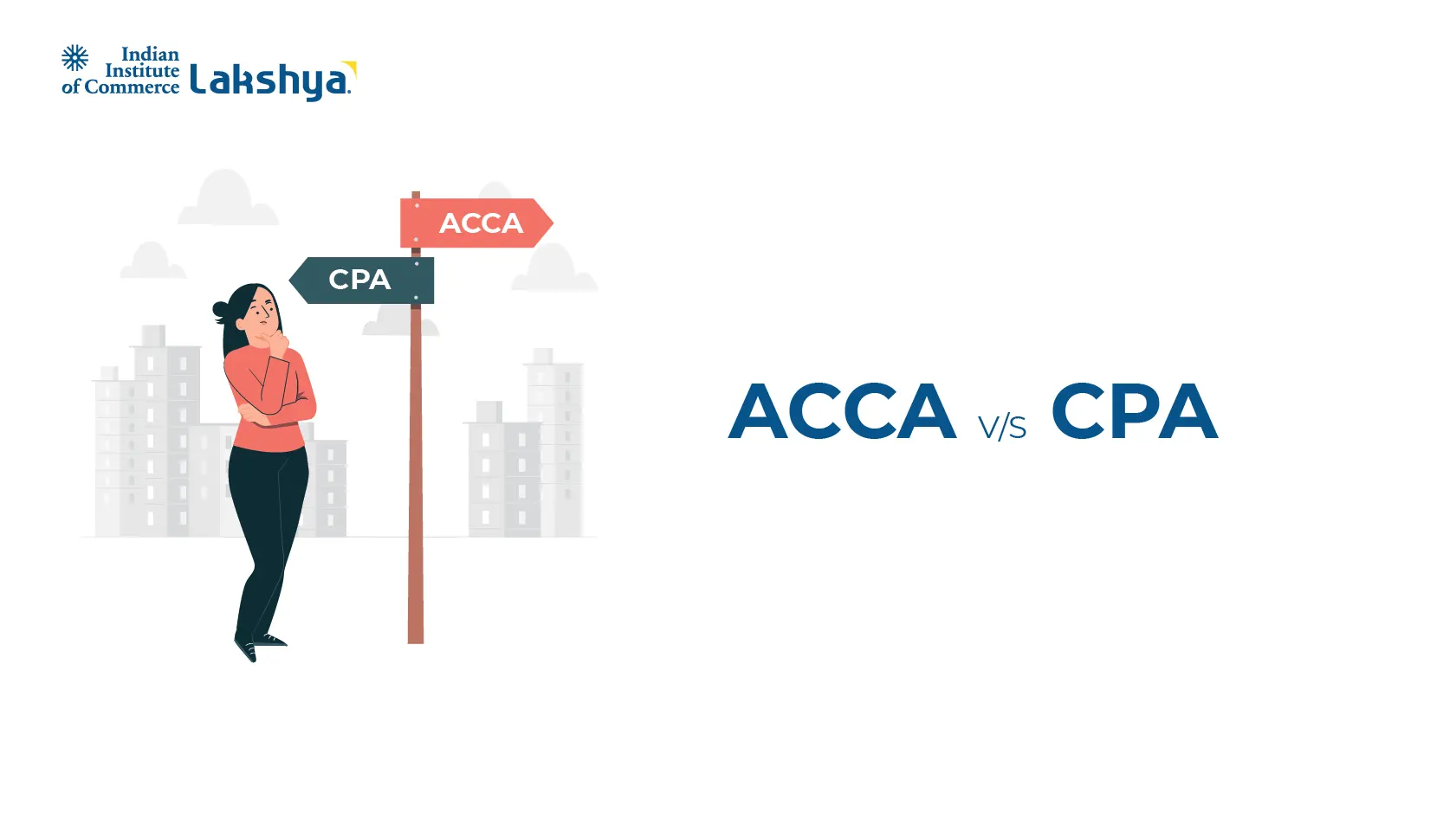
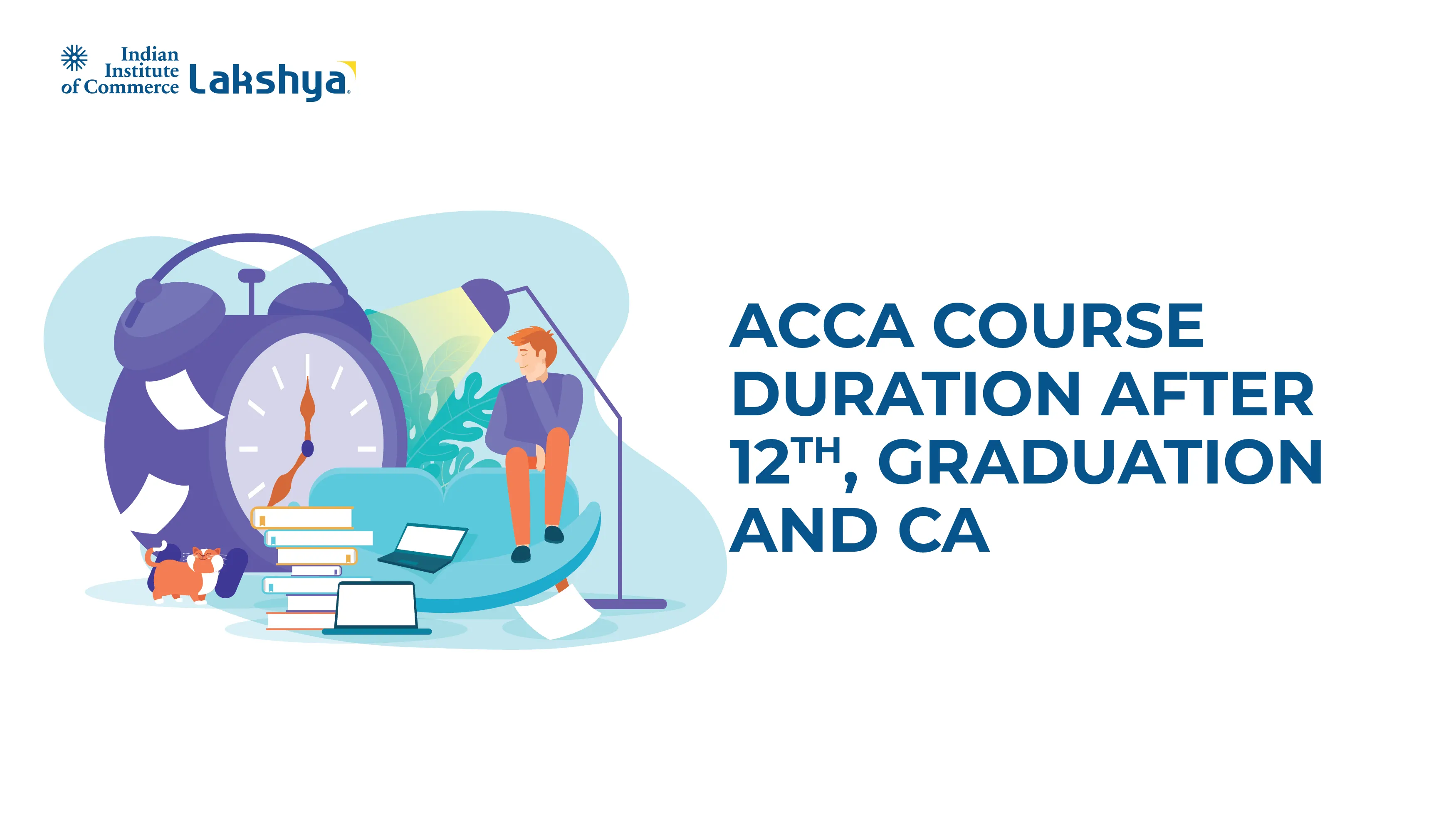
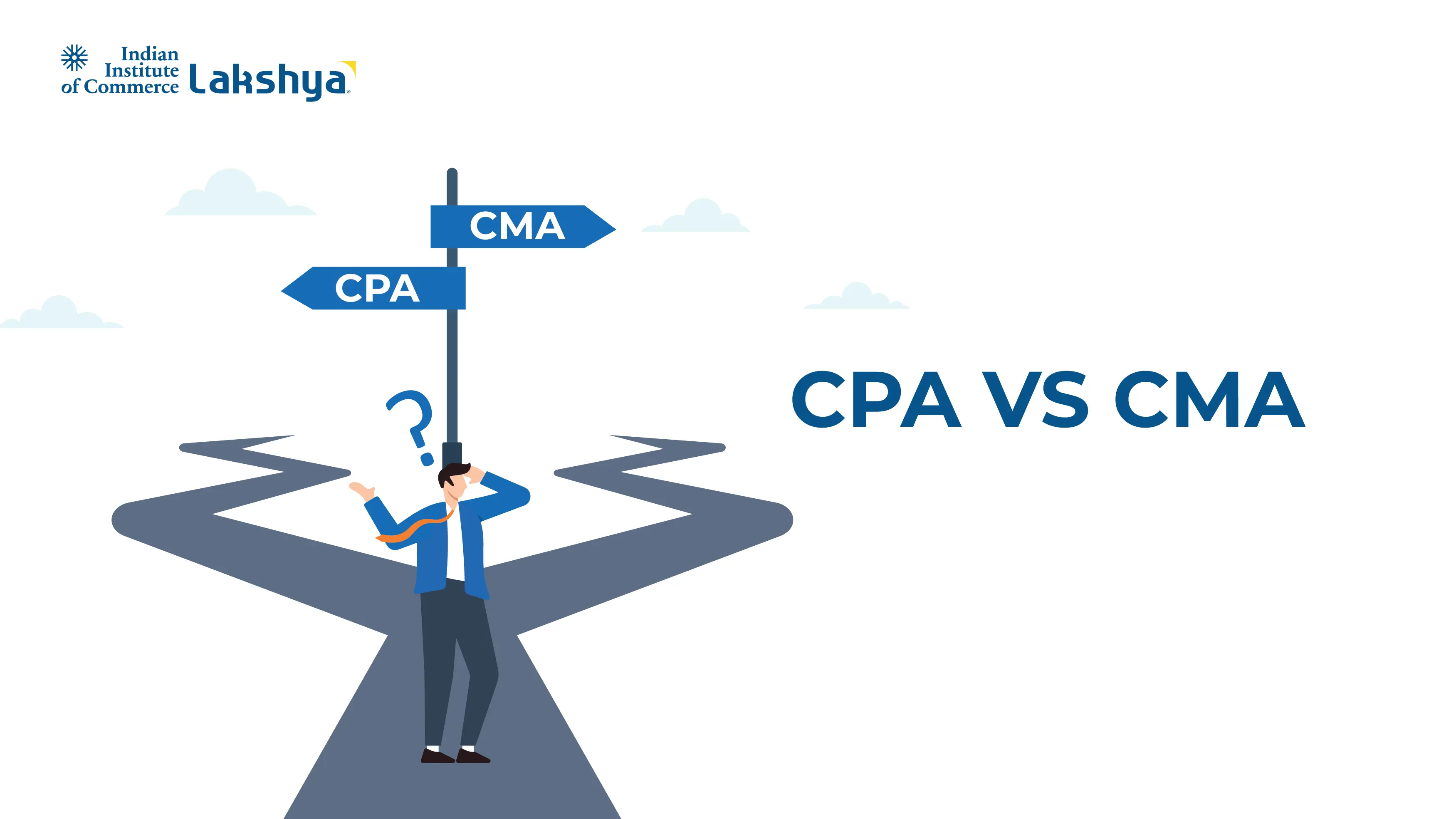

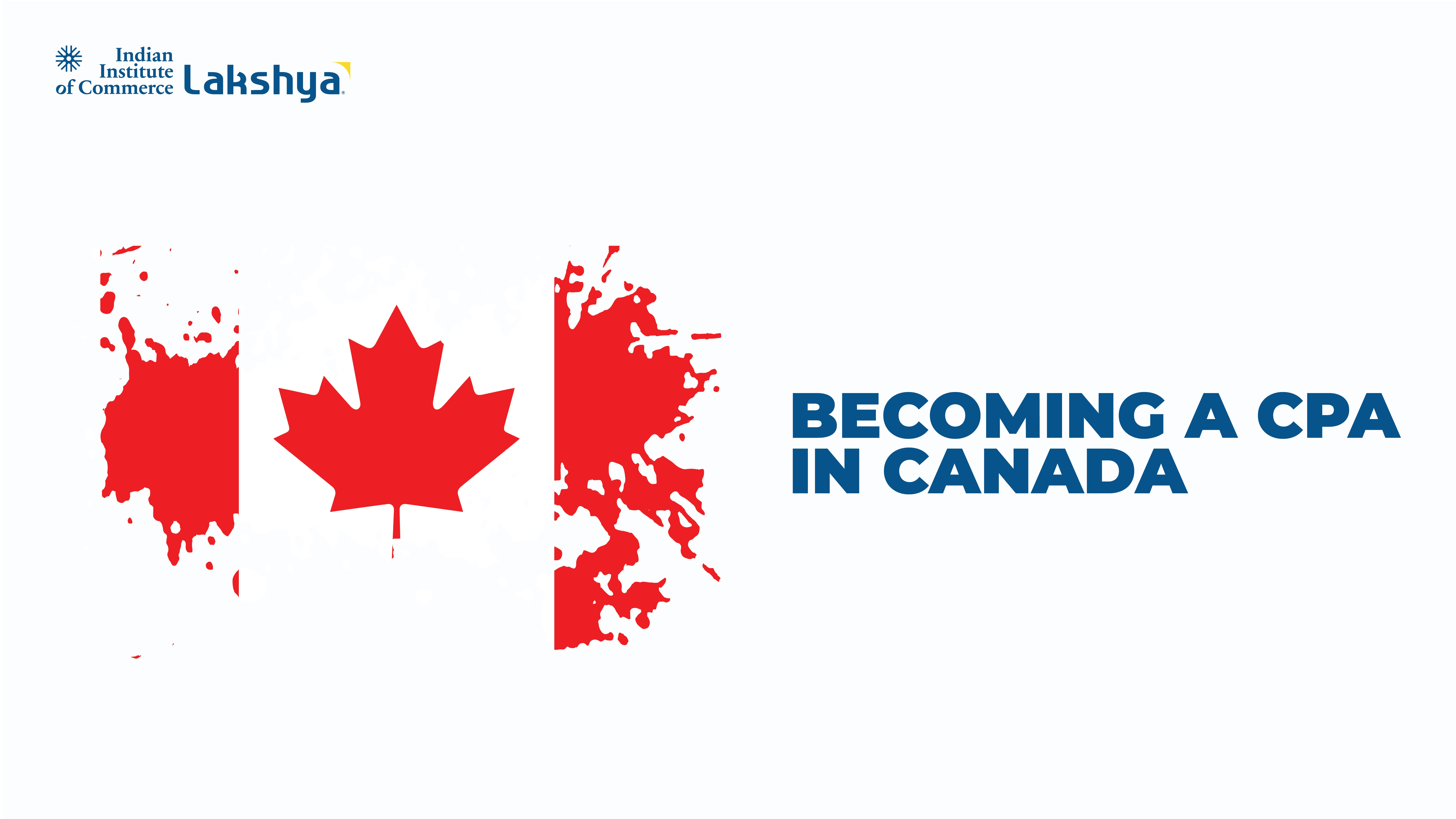


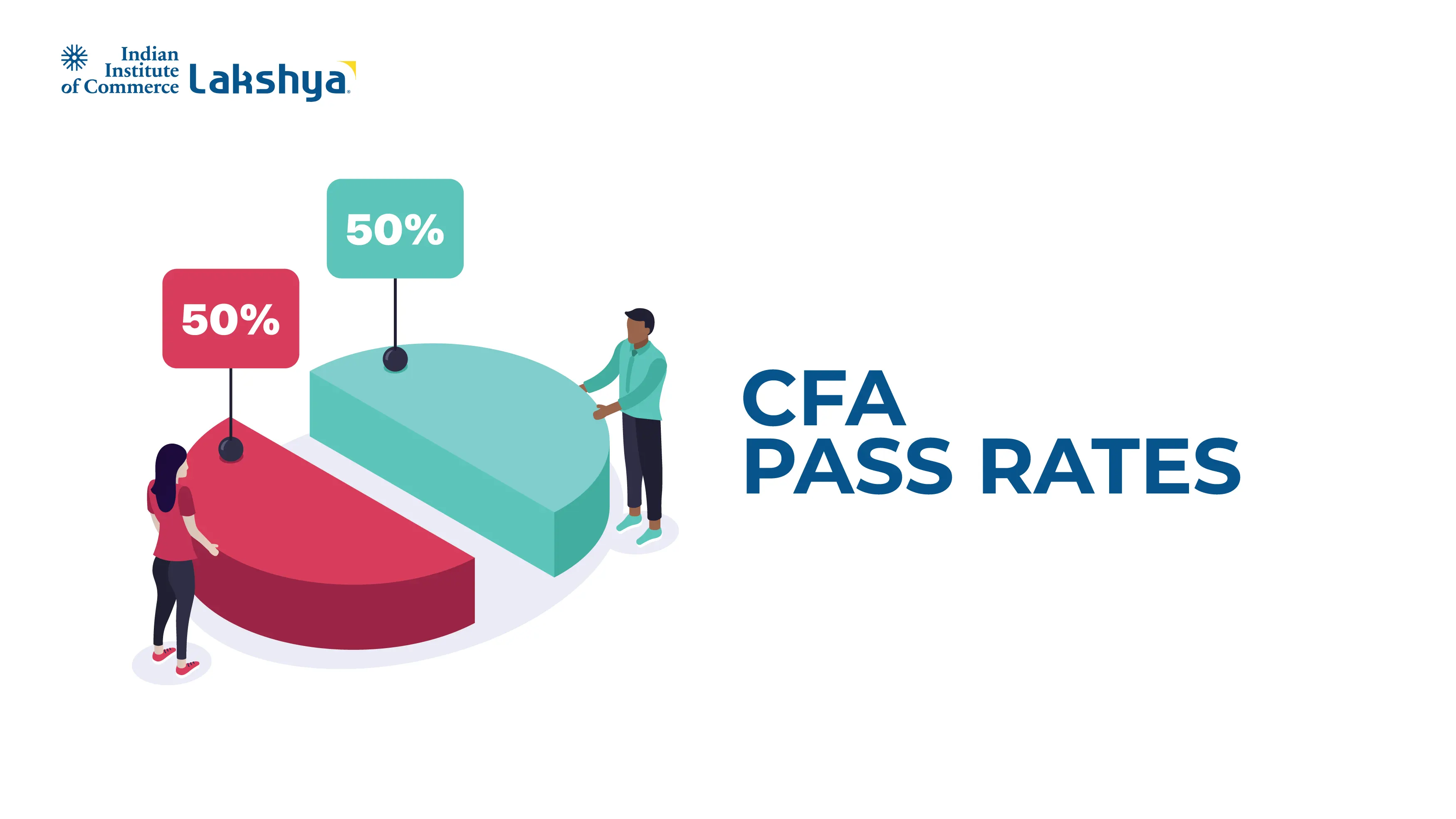

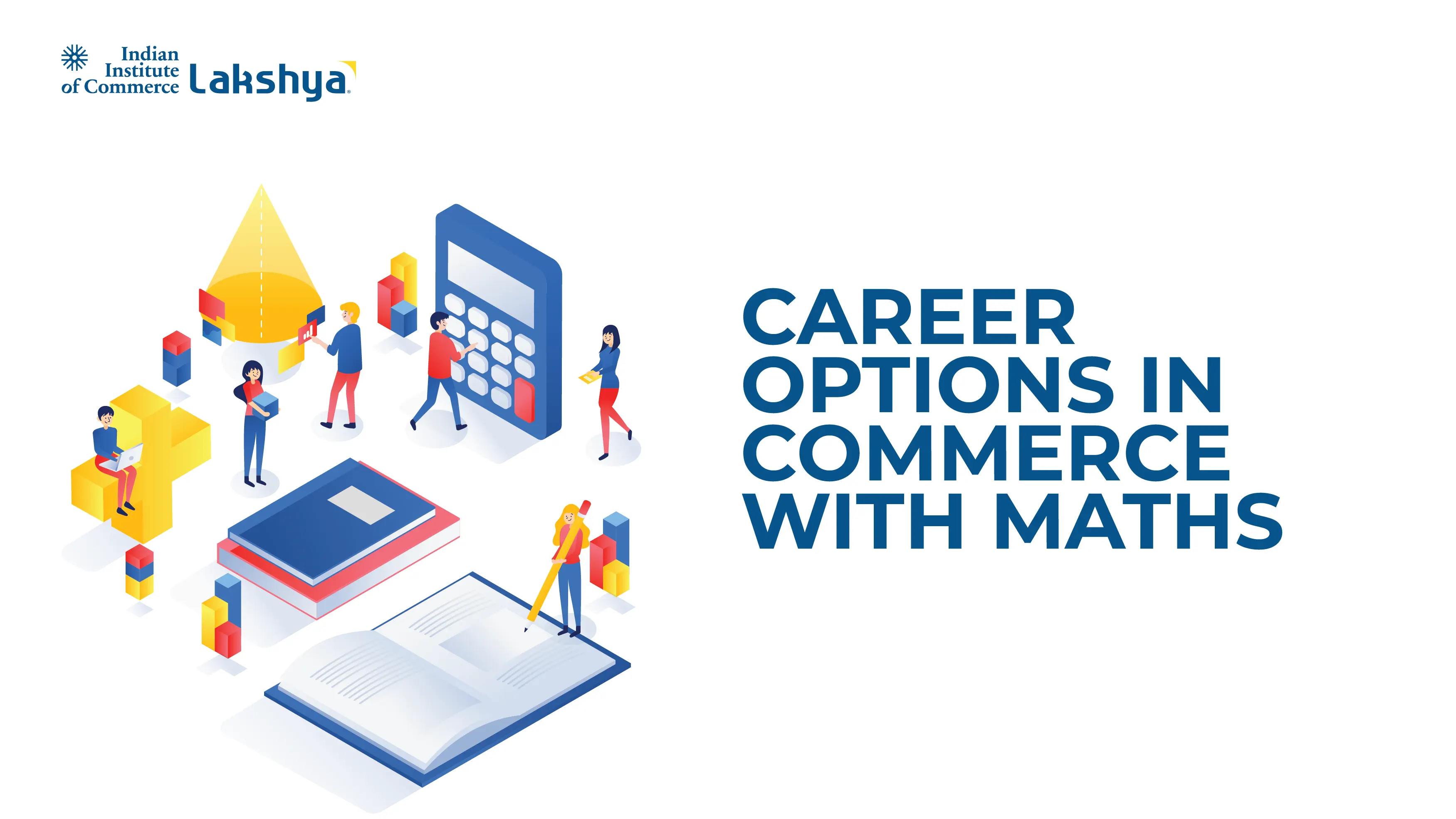
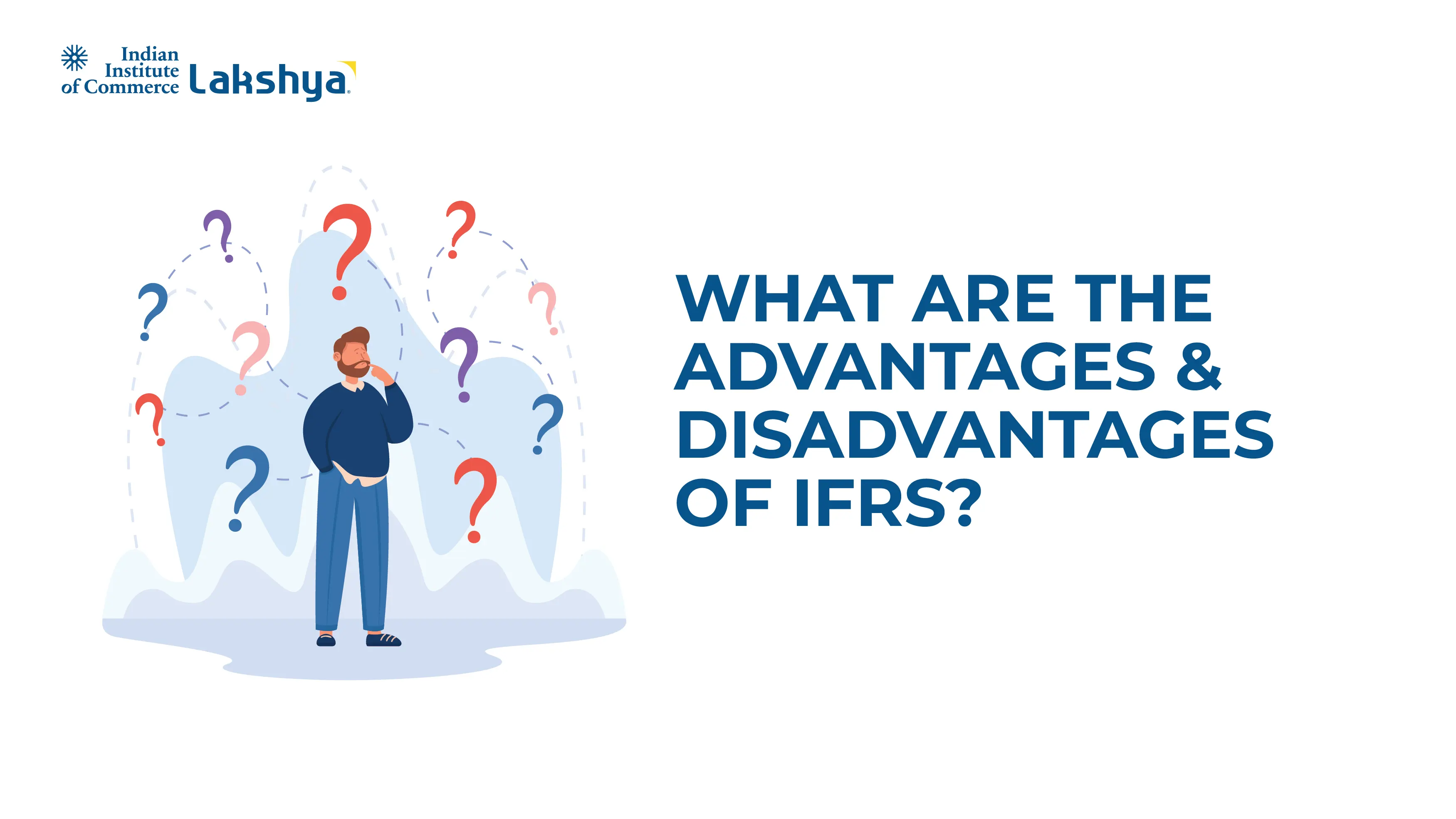

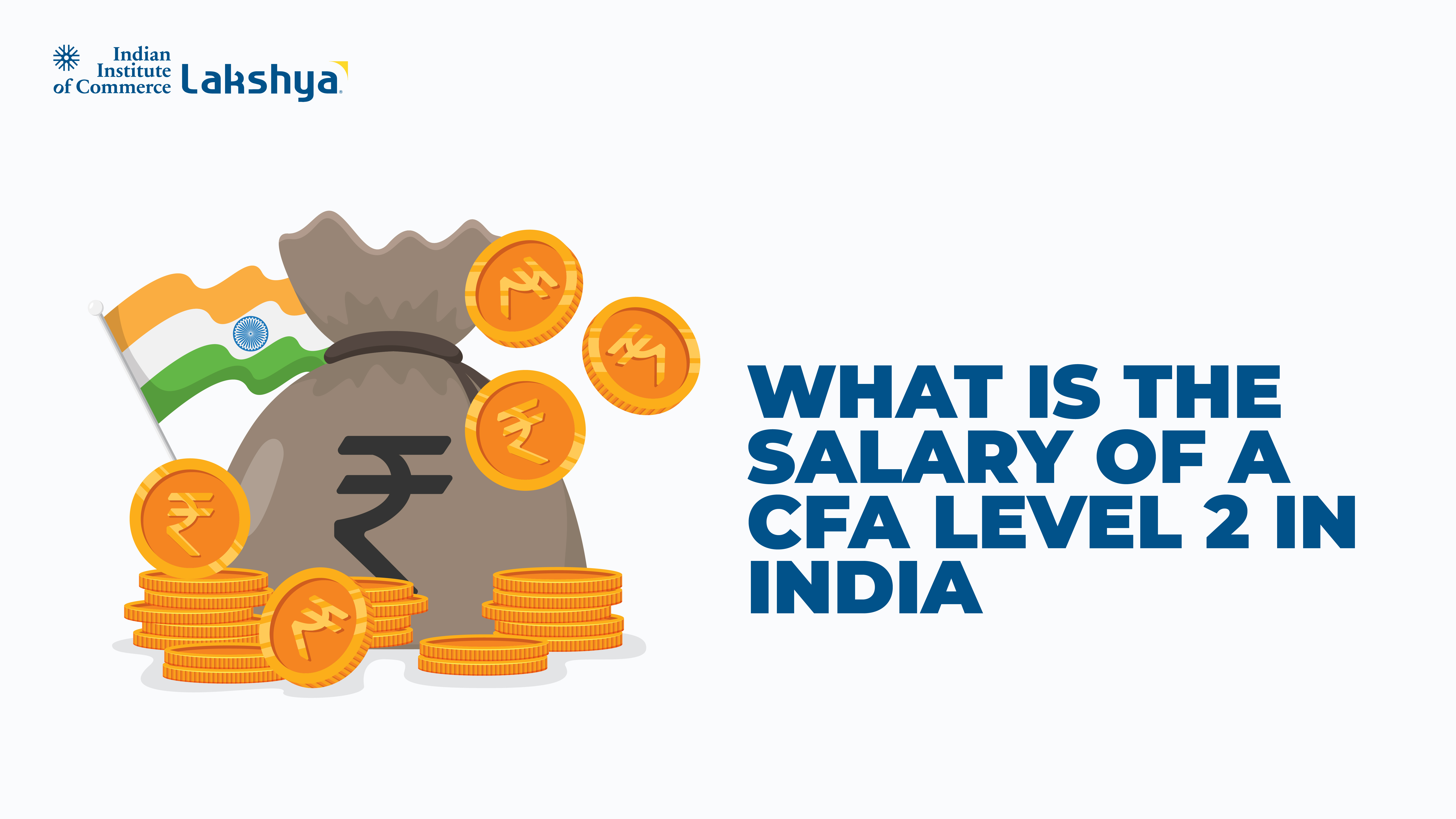
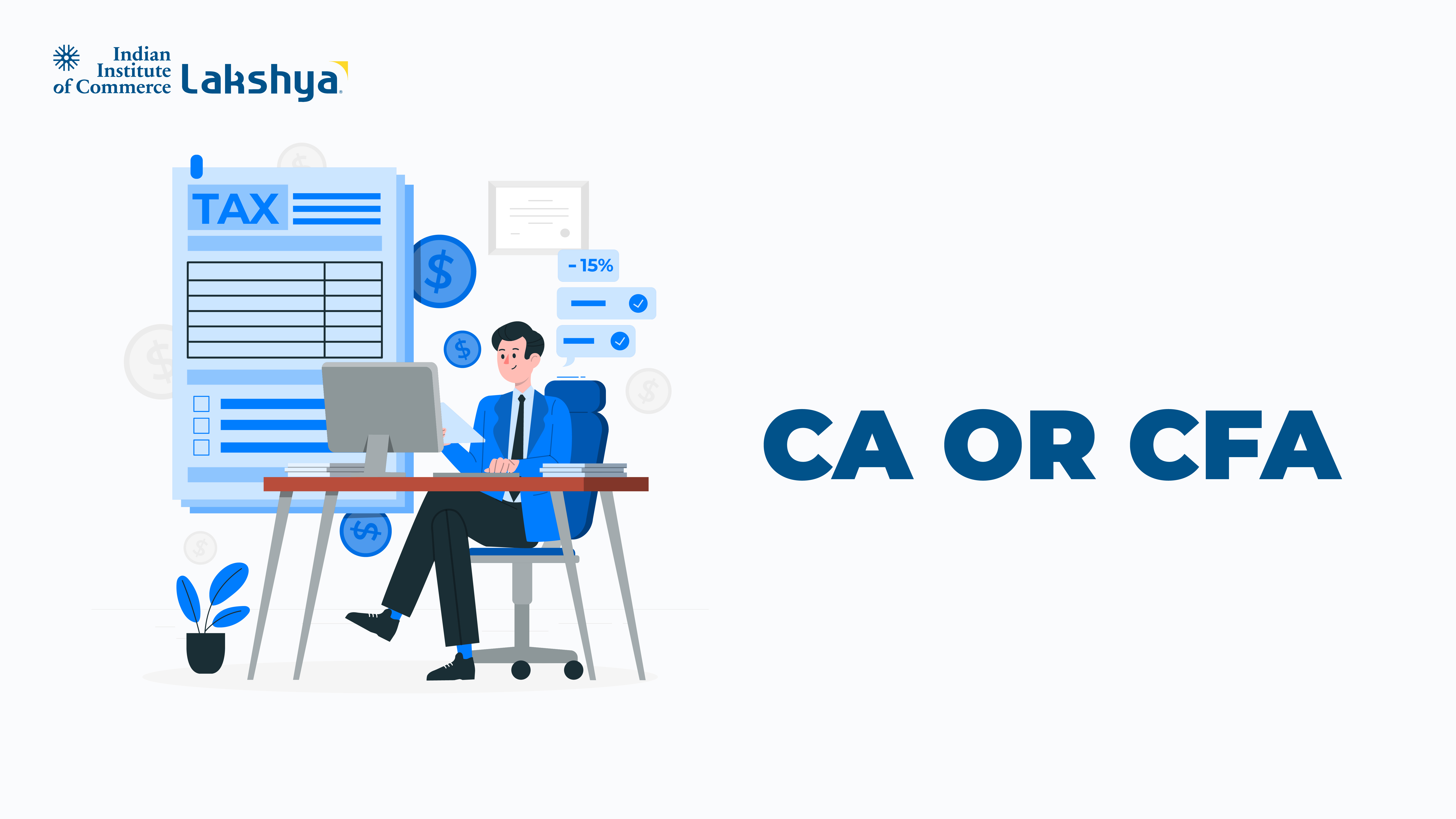
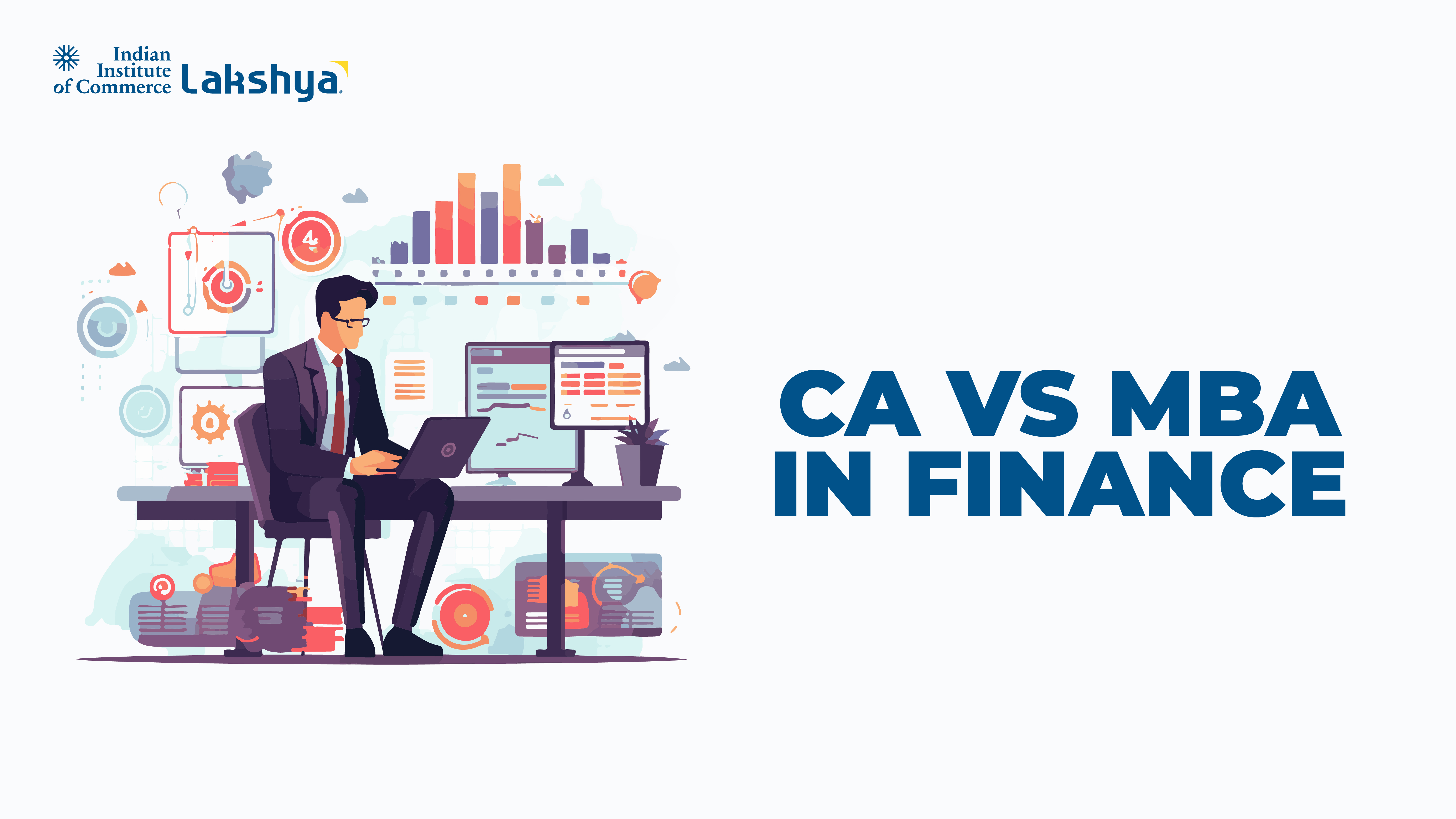
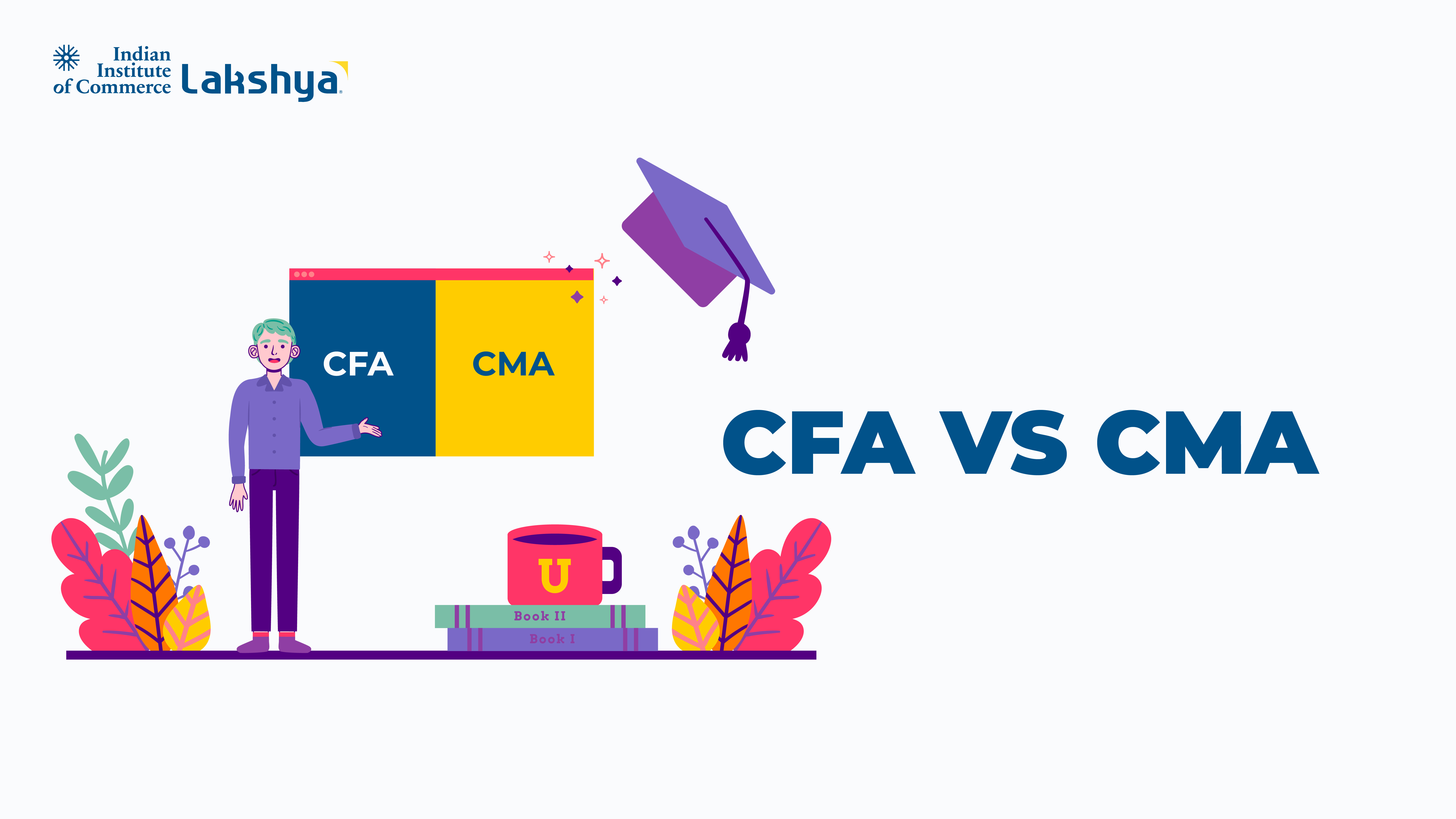

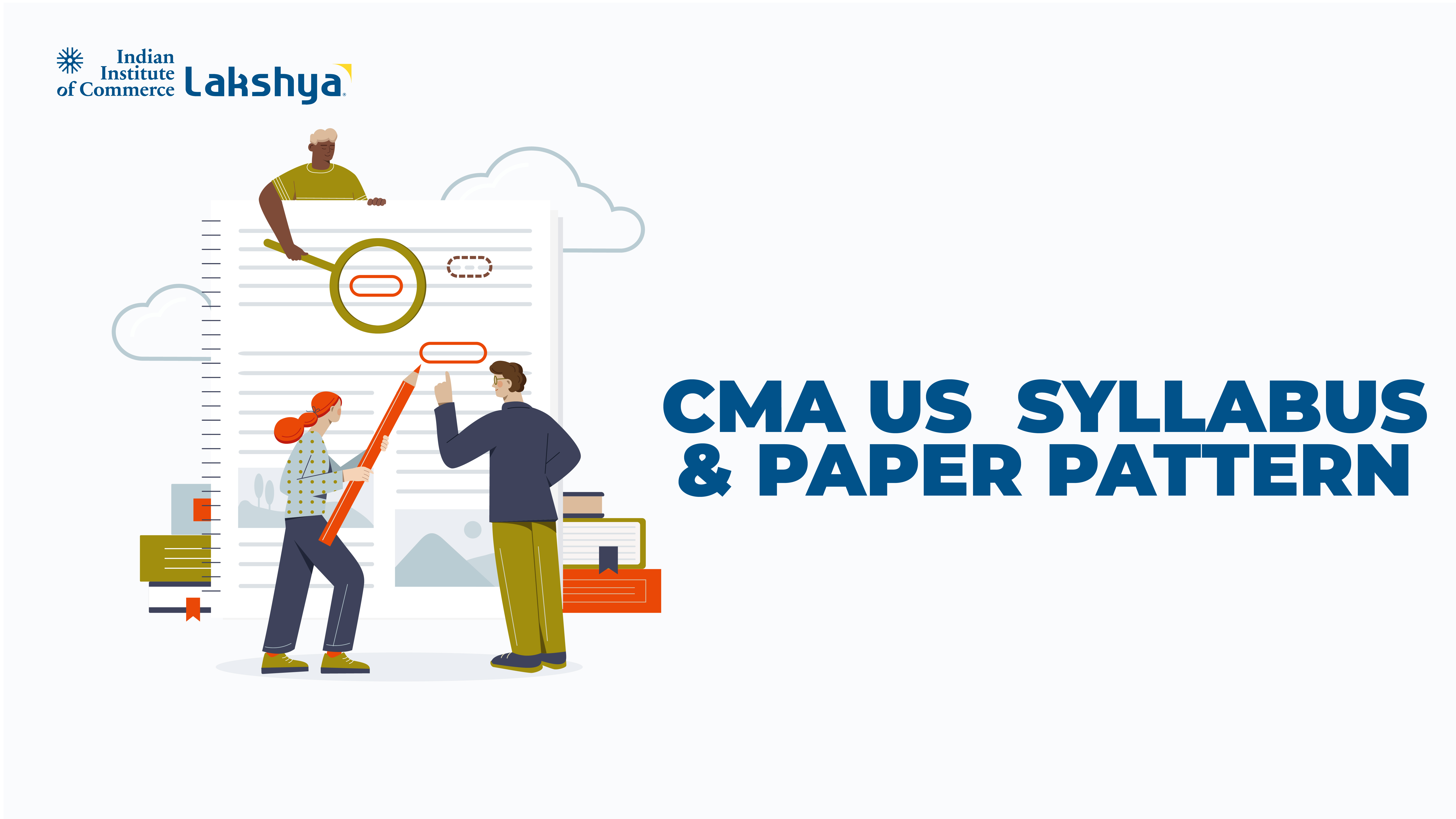
 salary.jpg)
 salary.jpg)
 salary.jpg)
 salary.jpg)
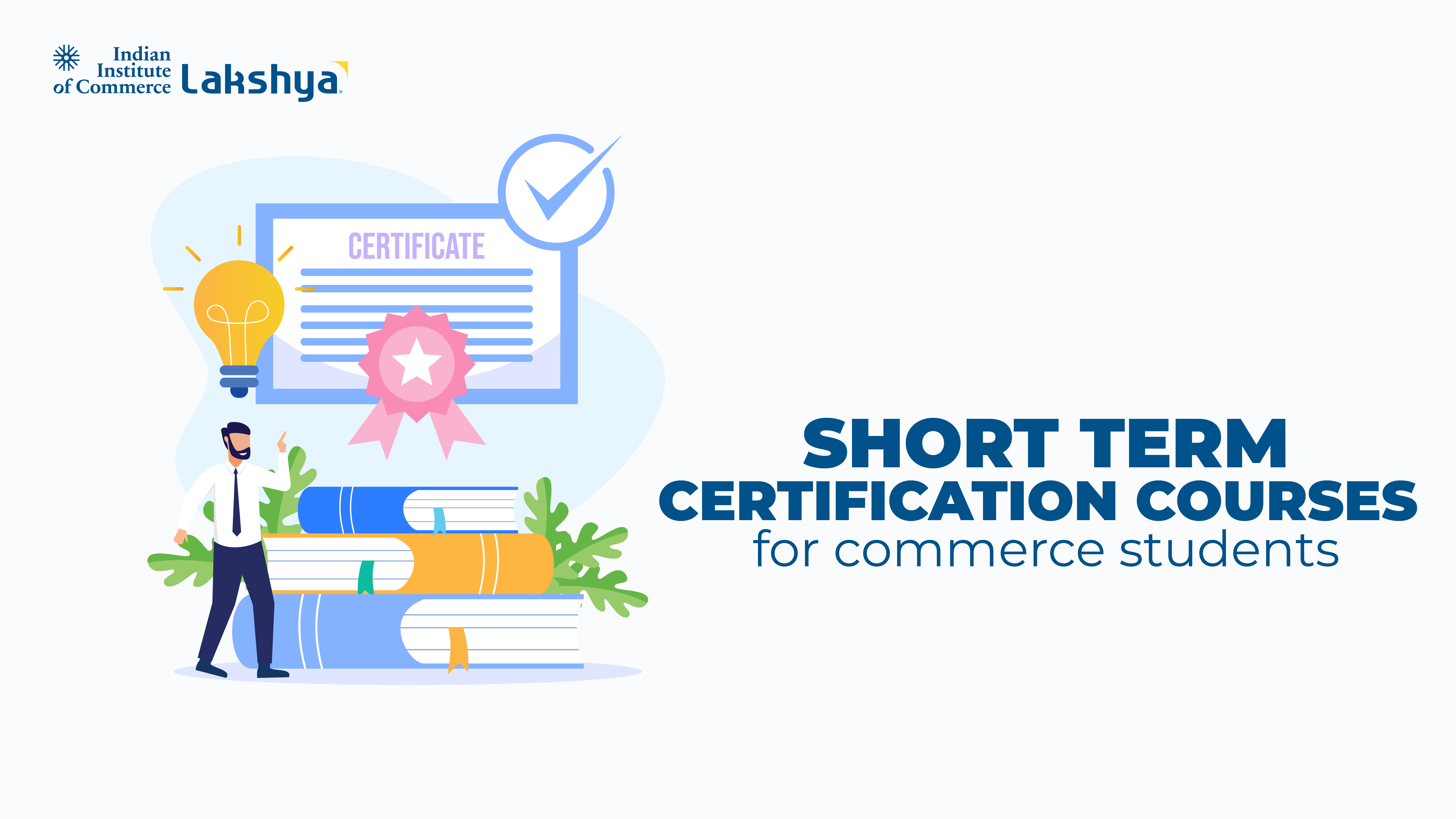



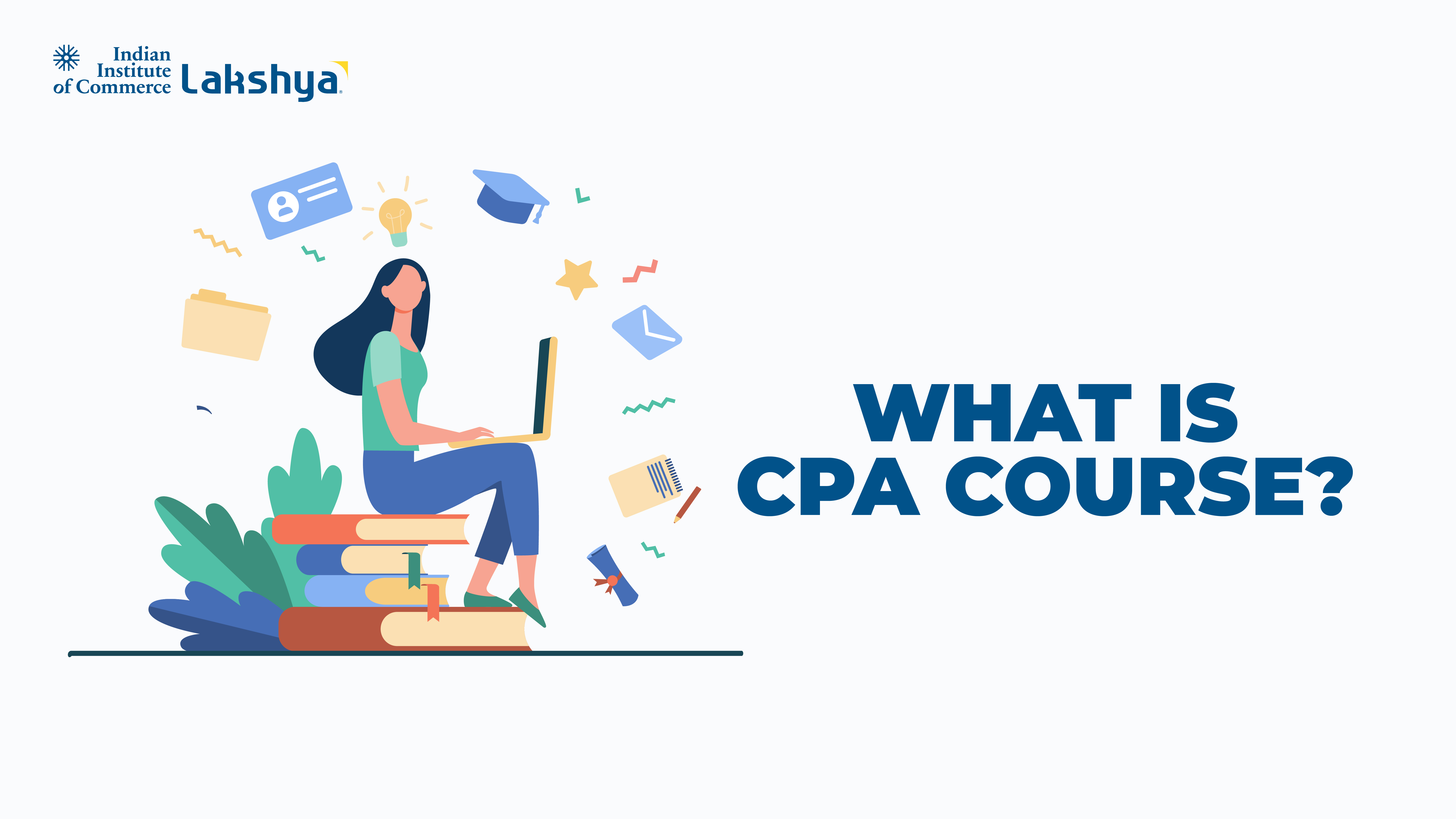
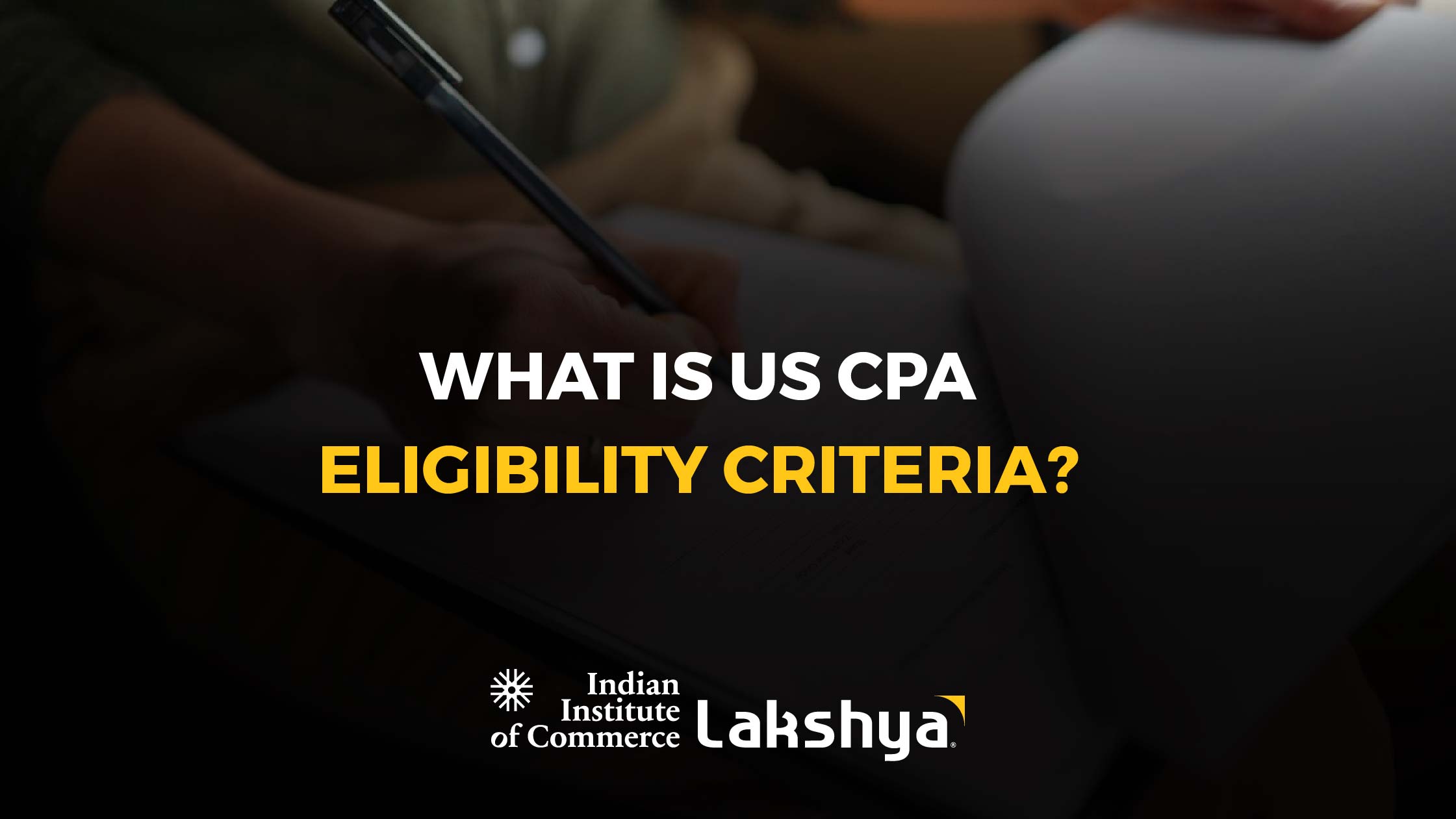
















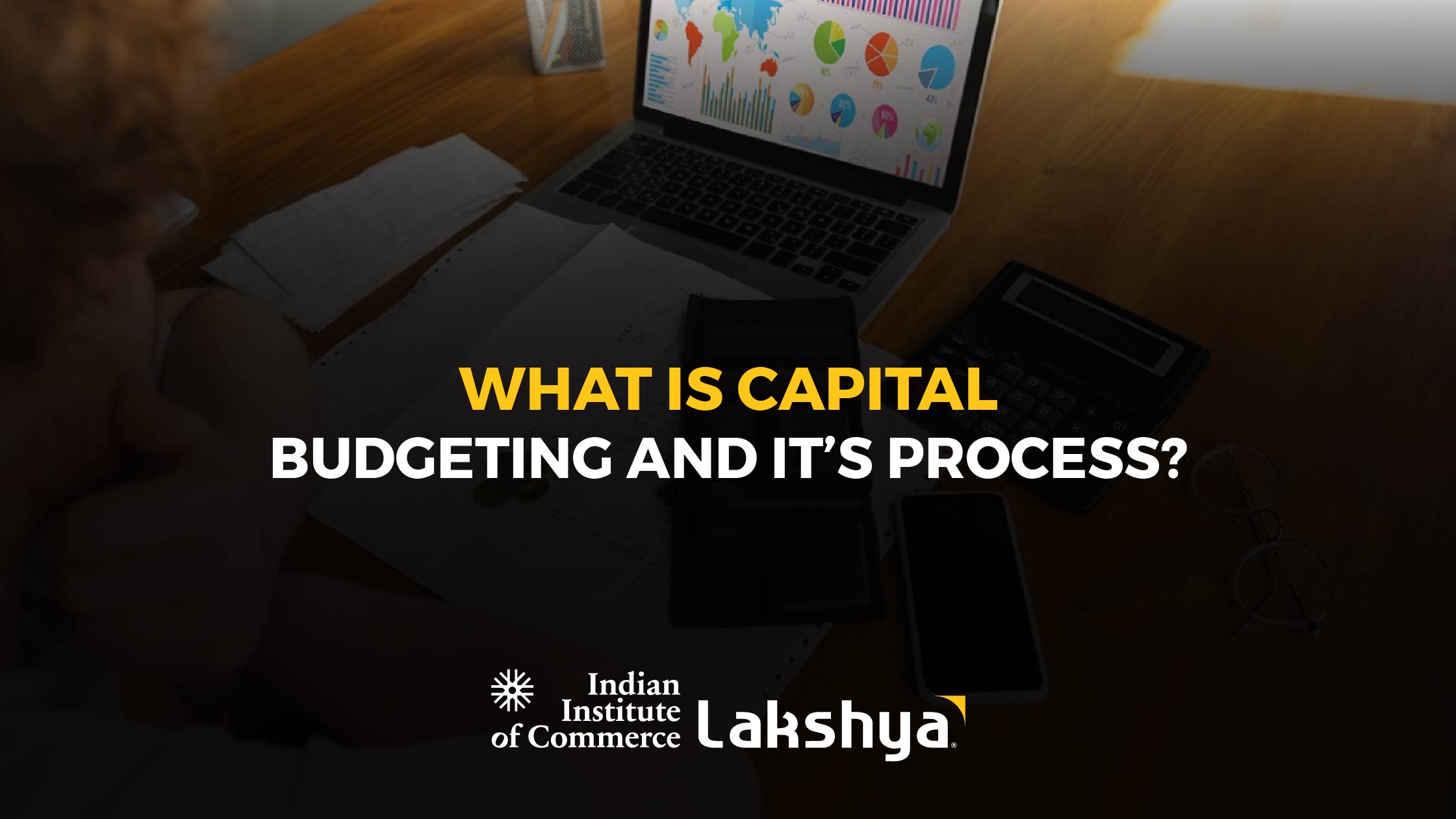







.jpg)
